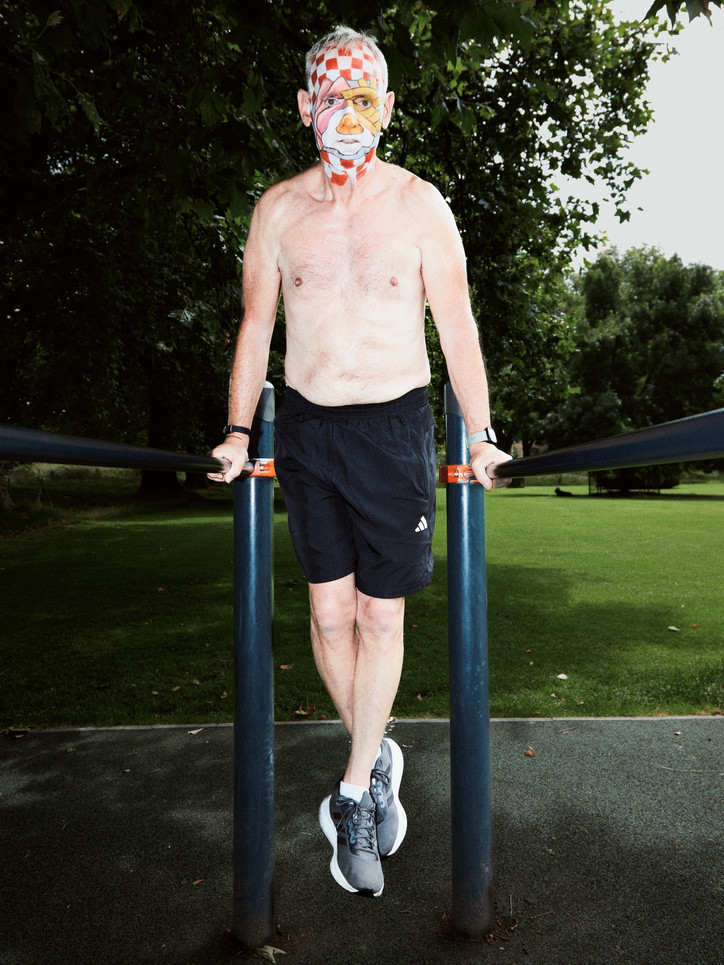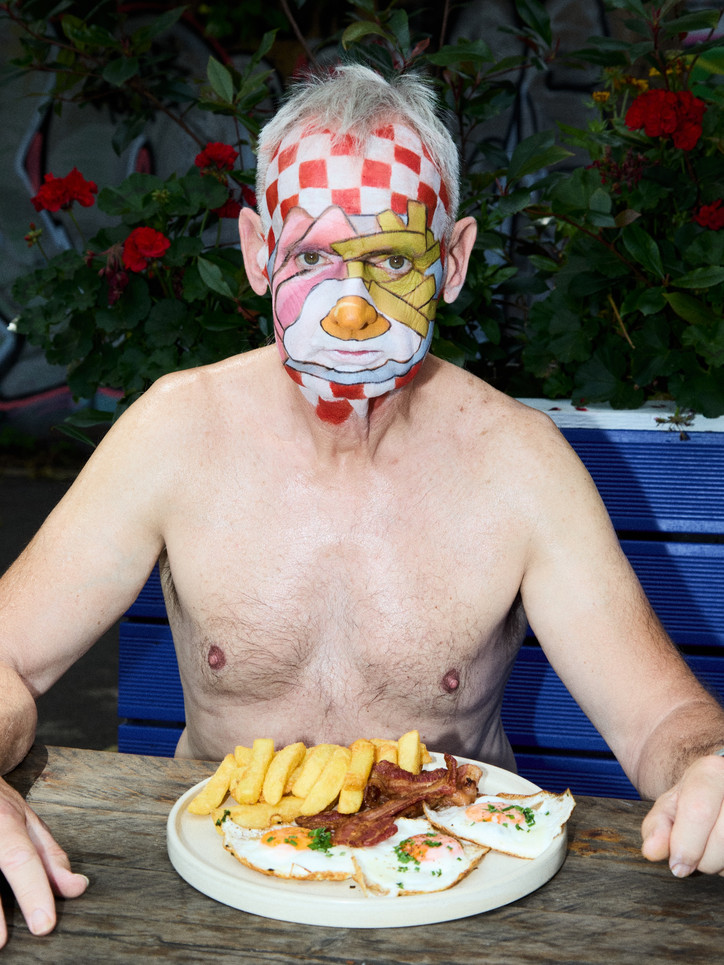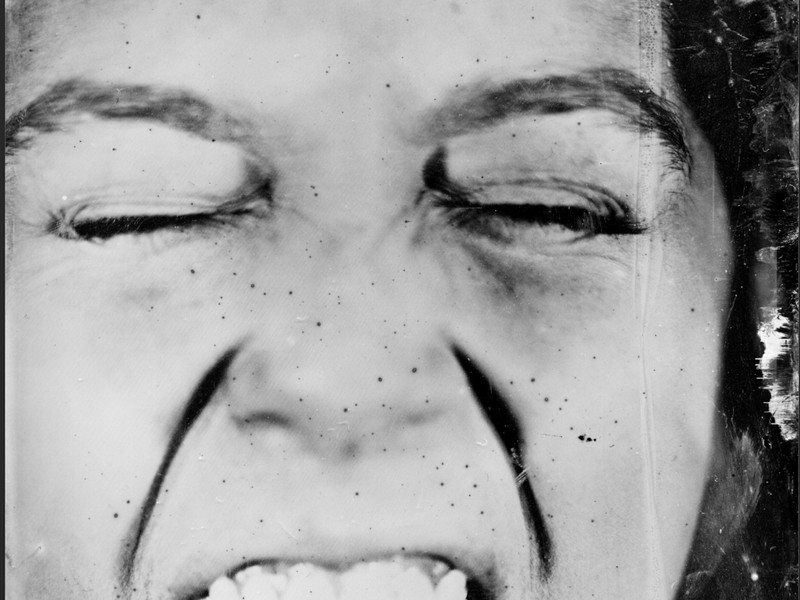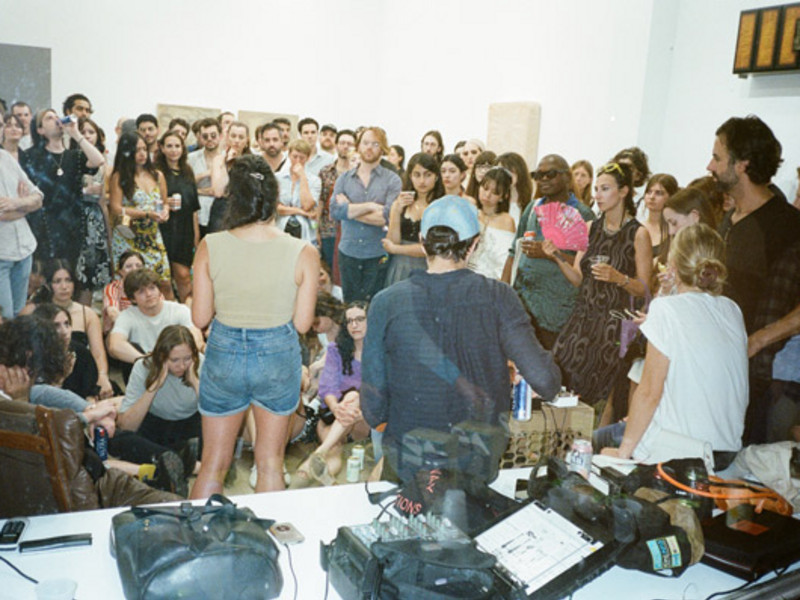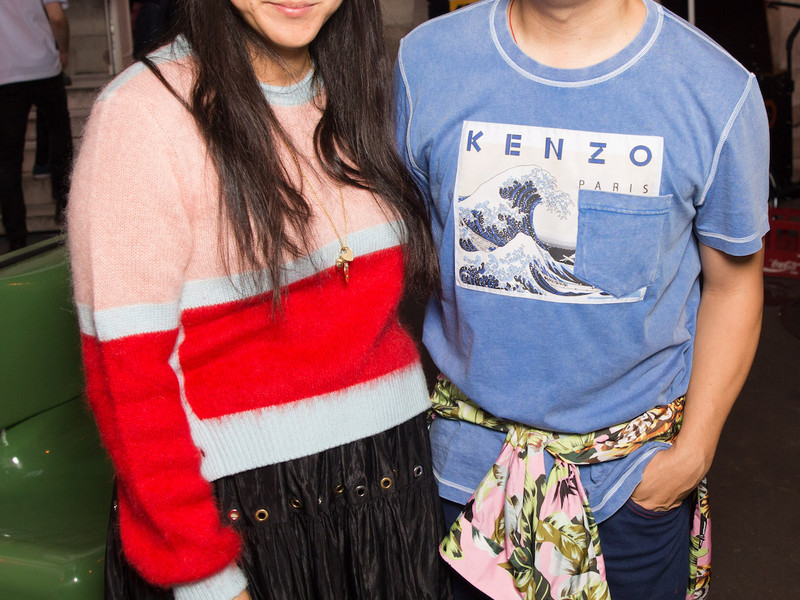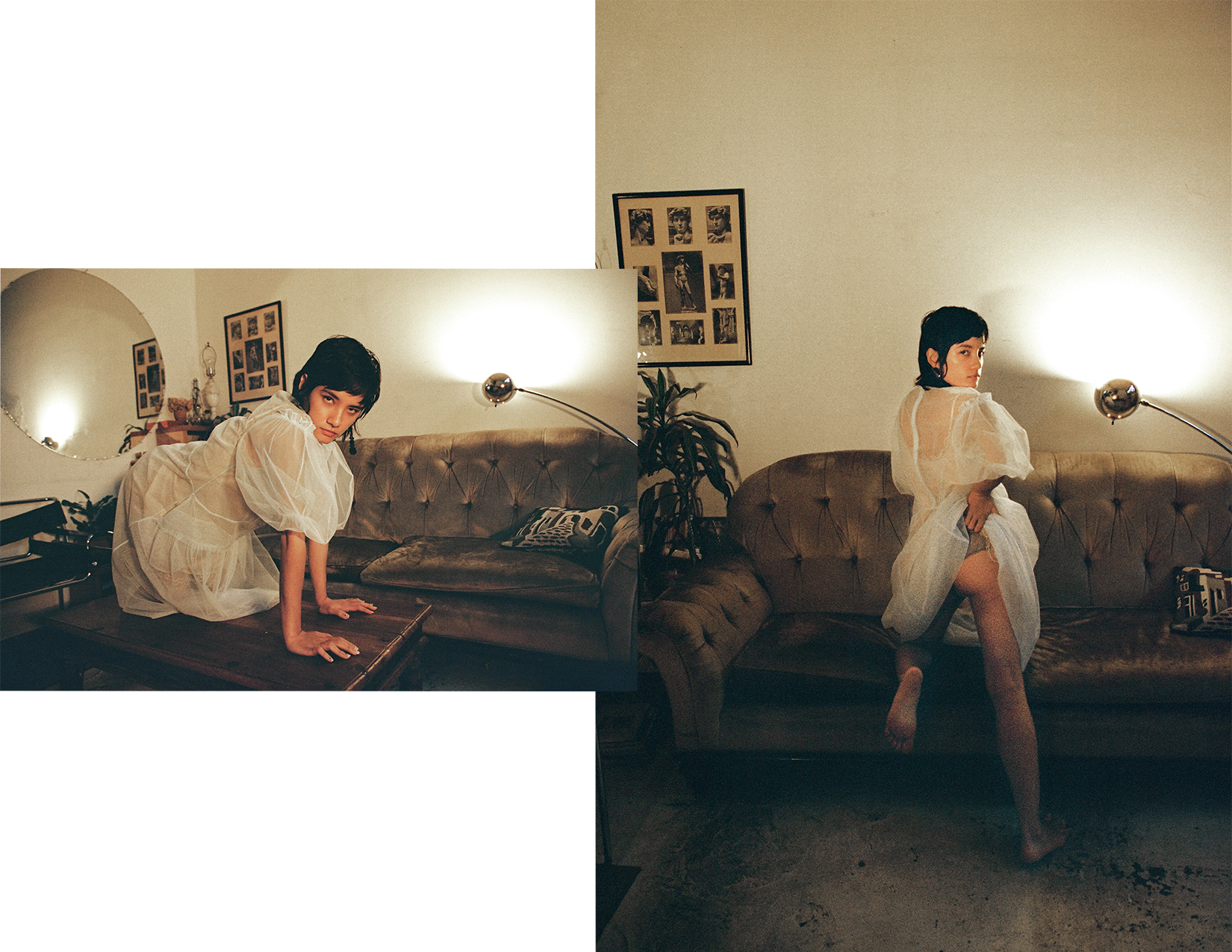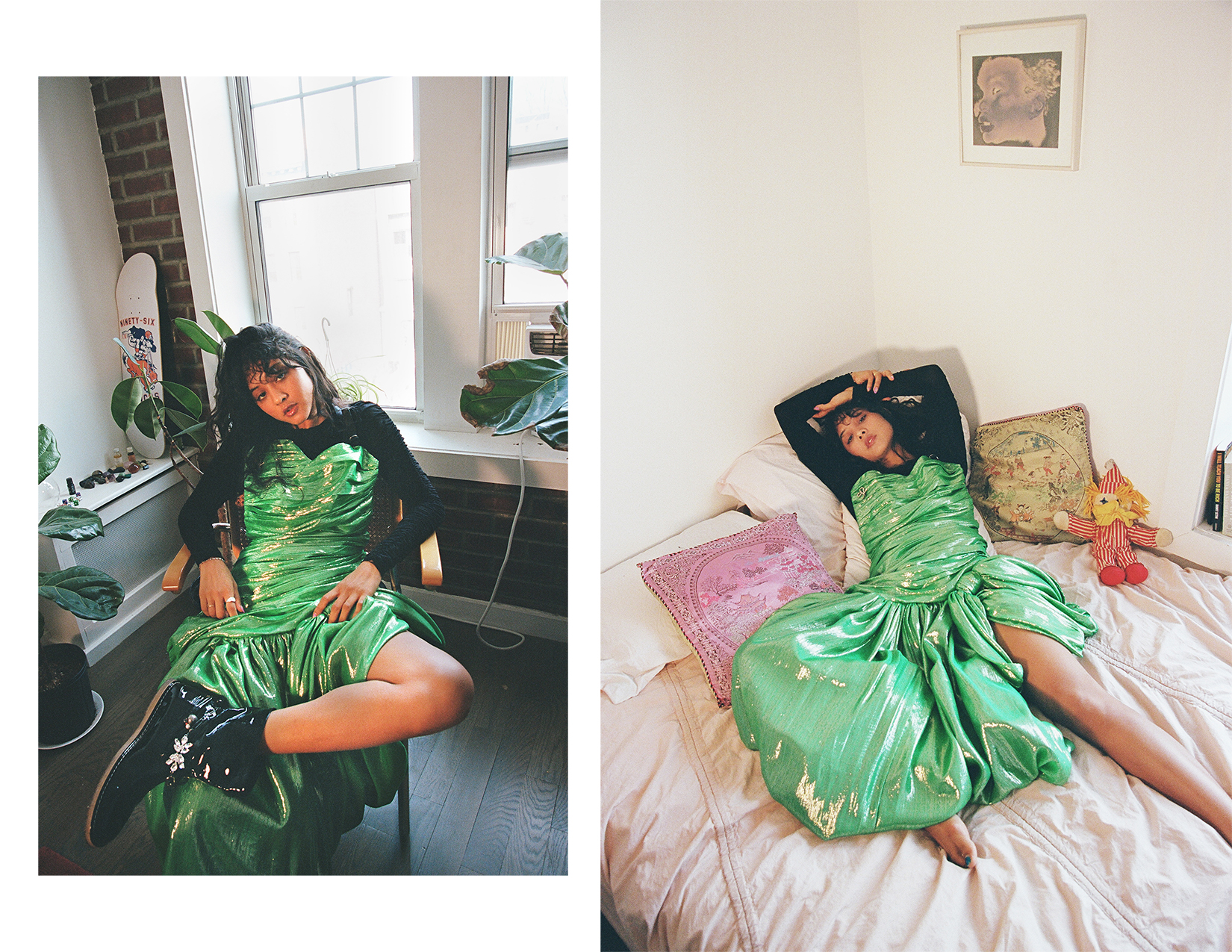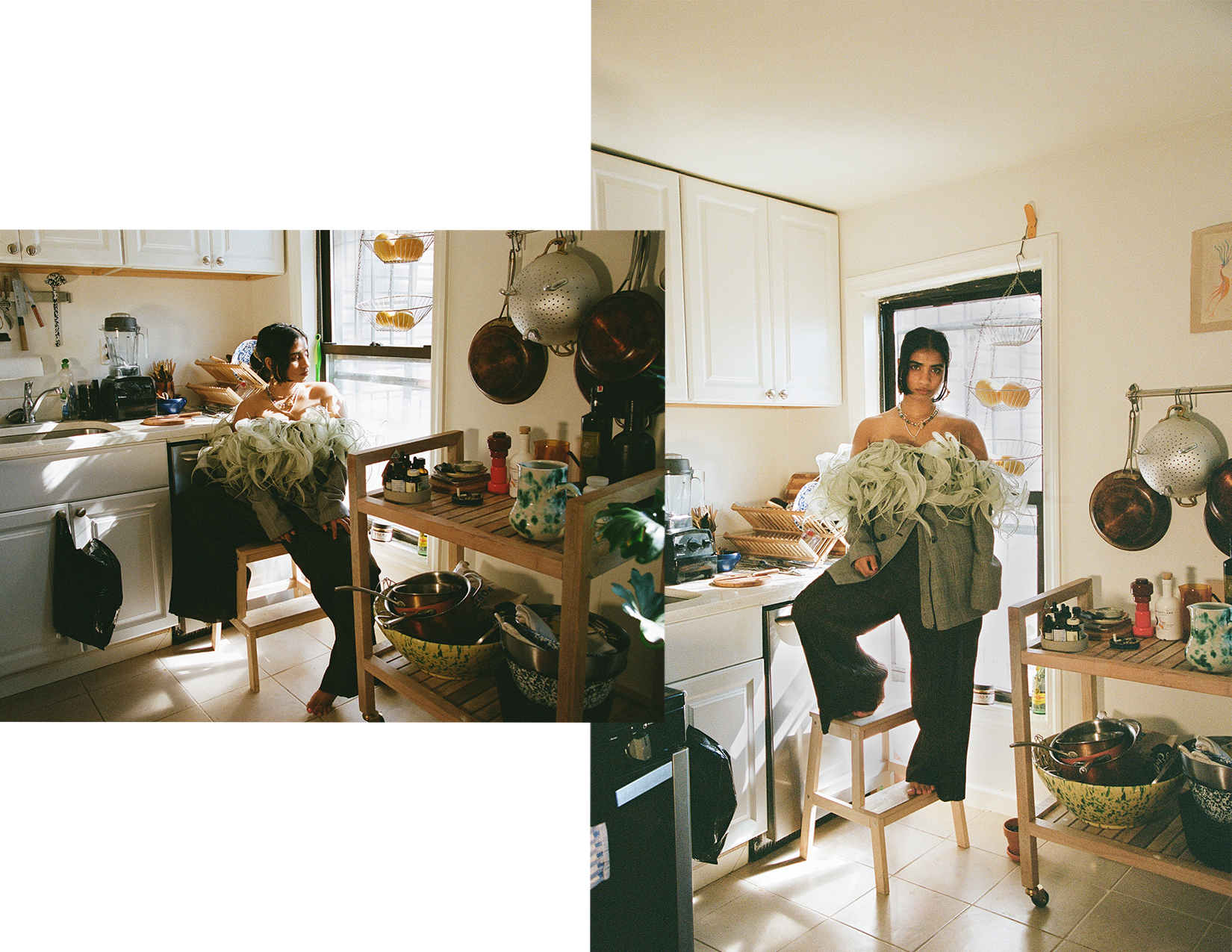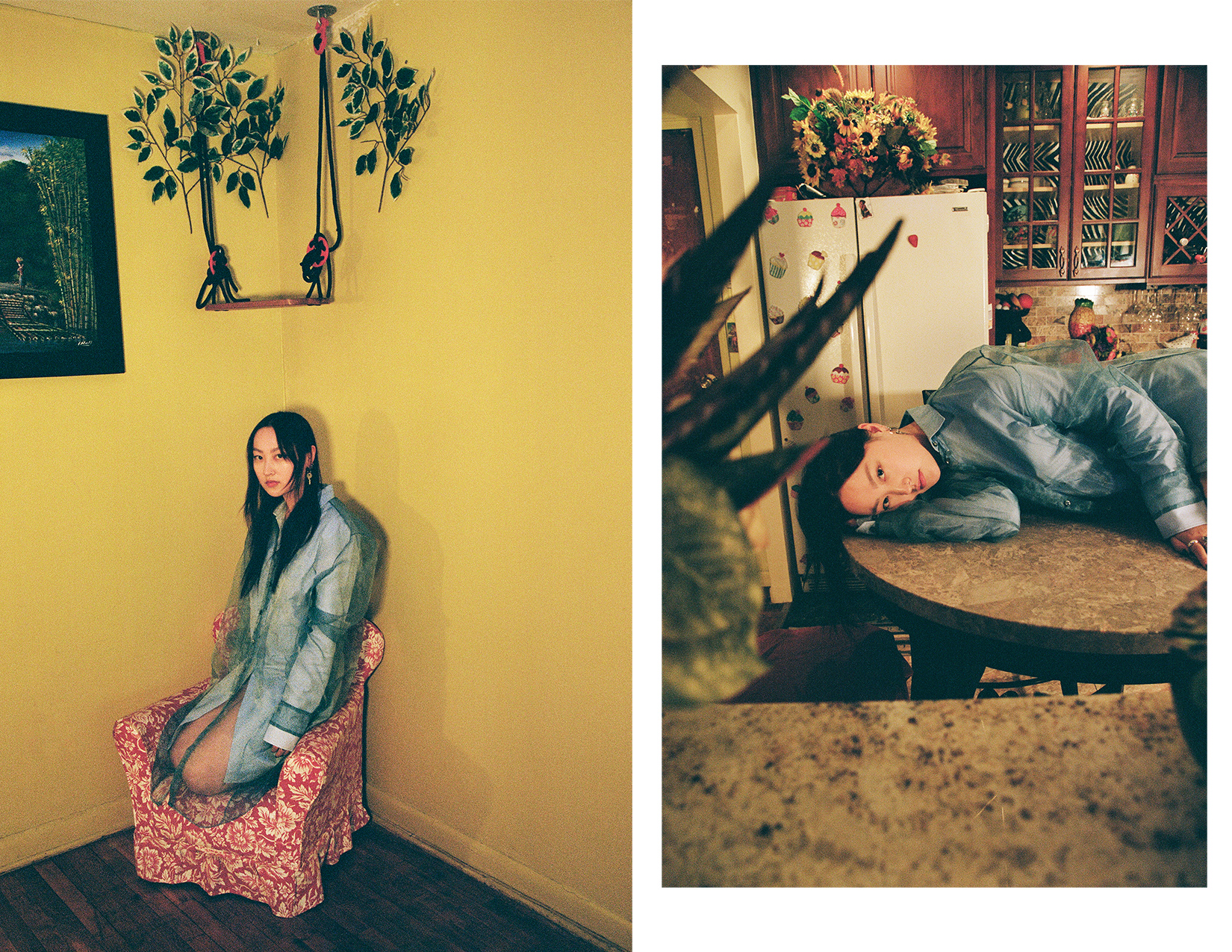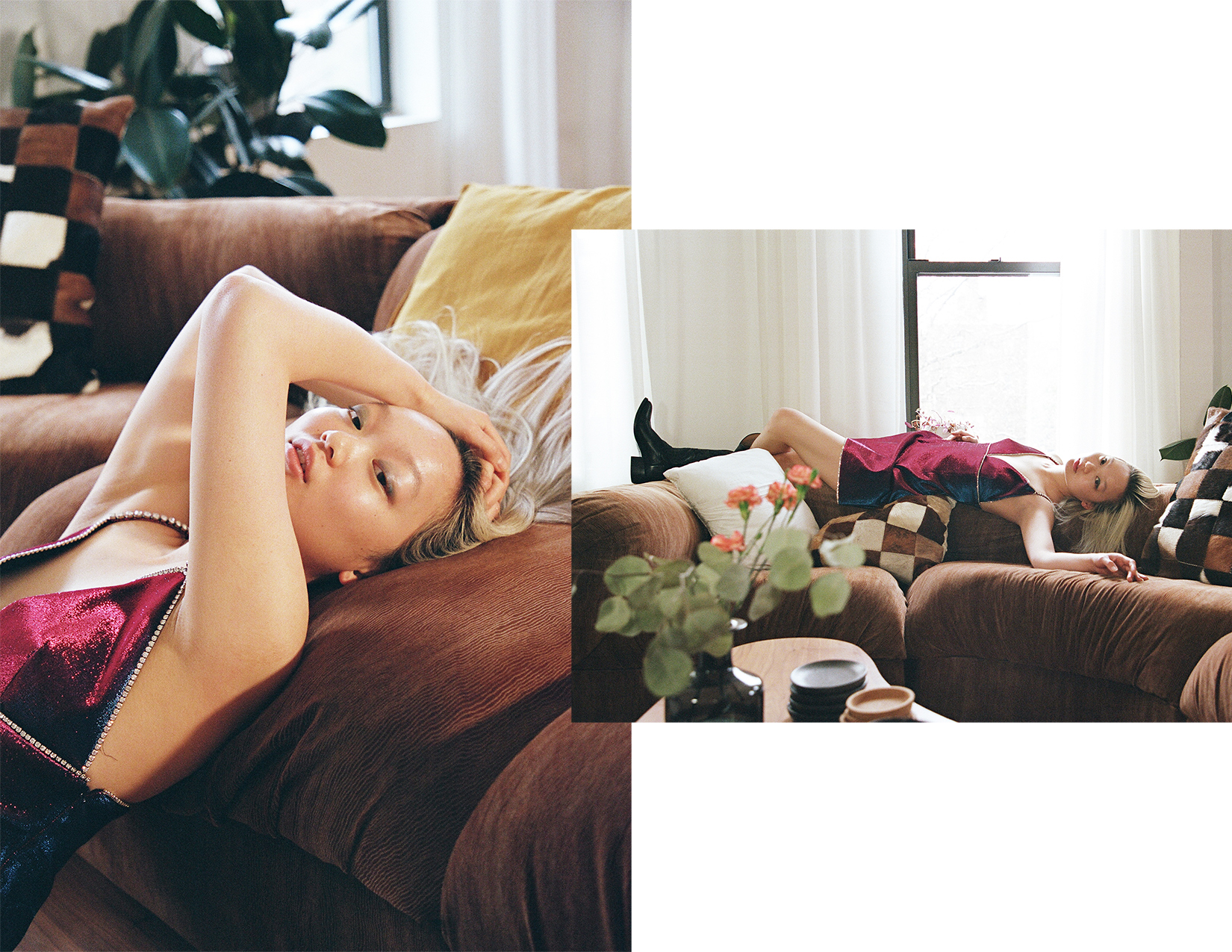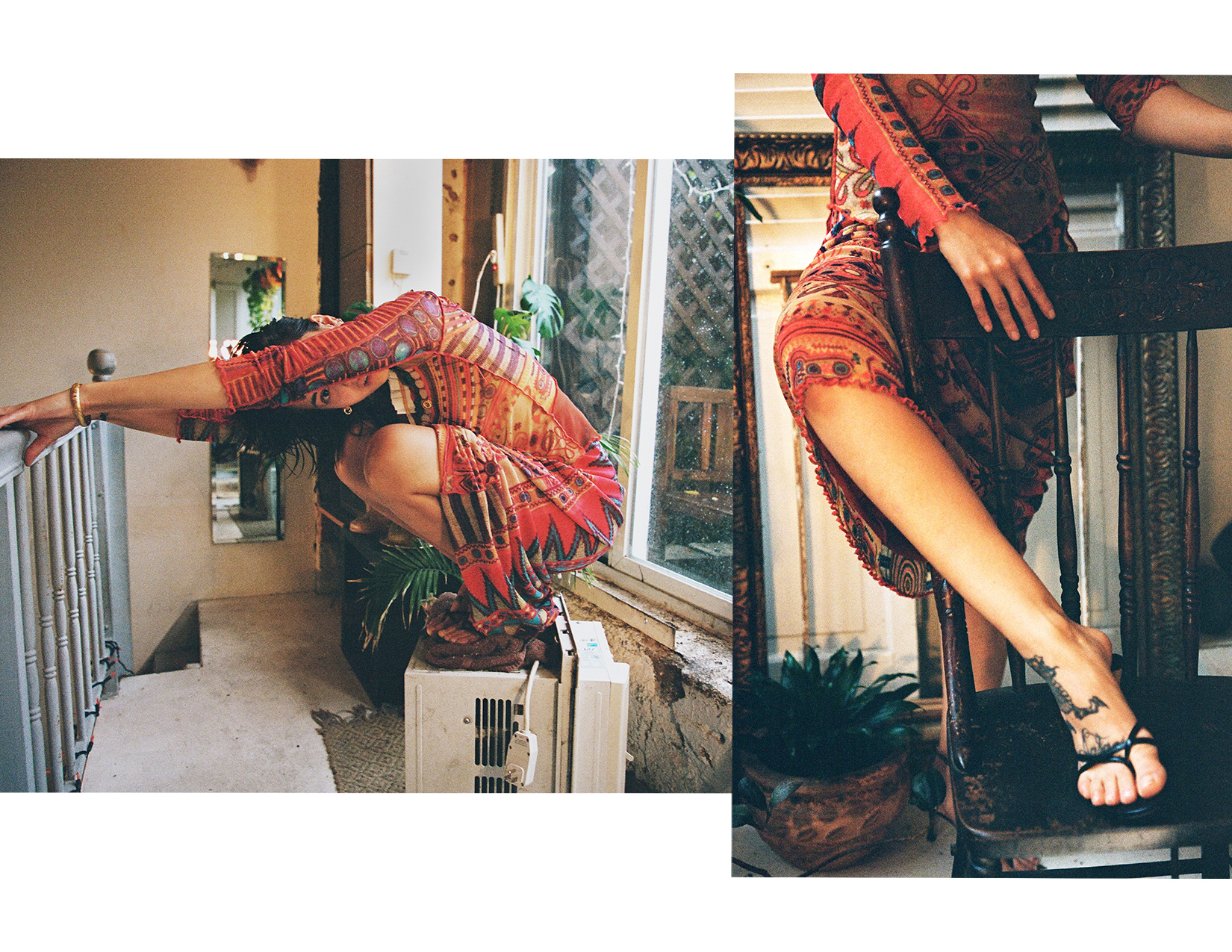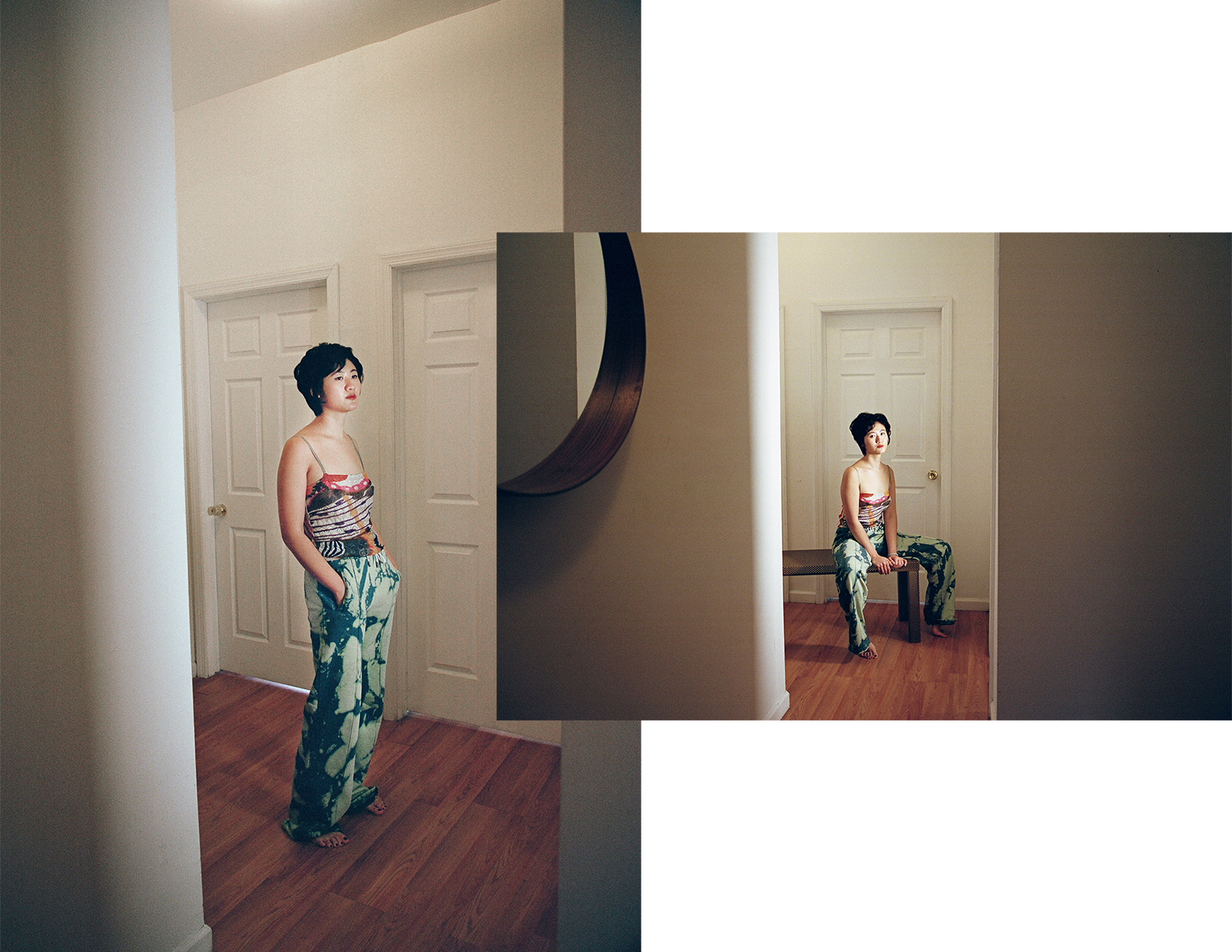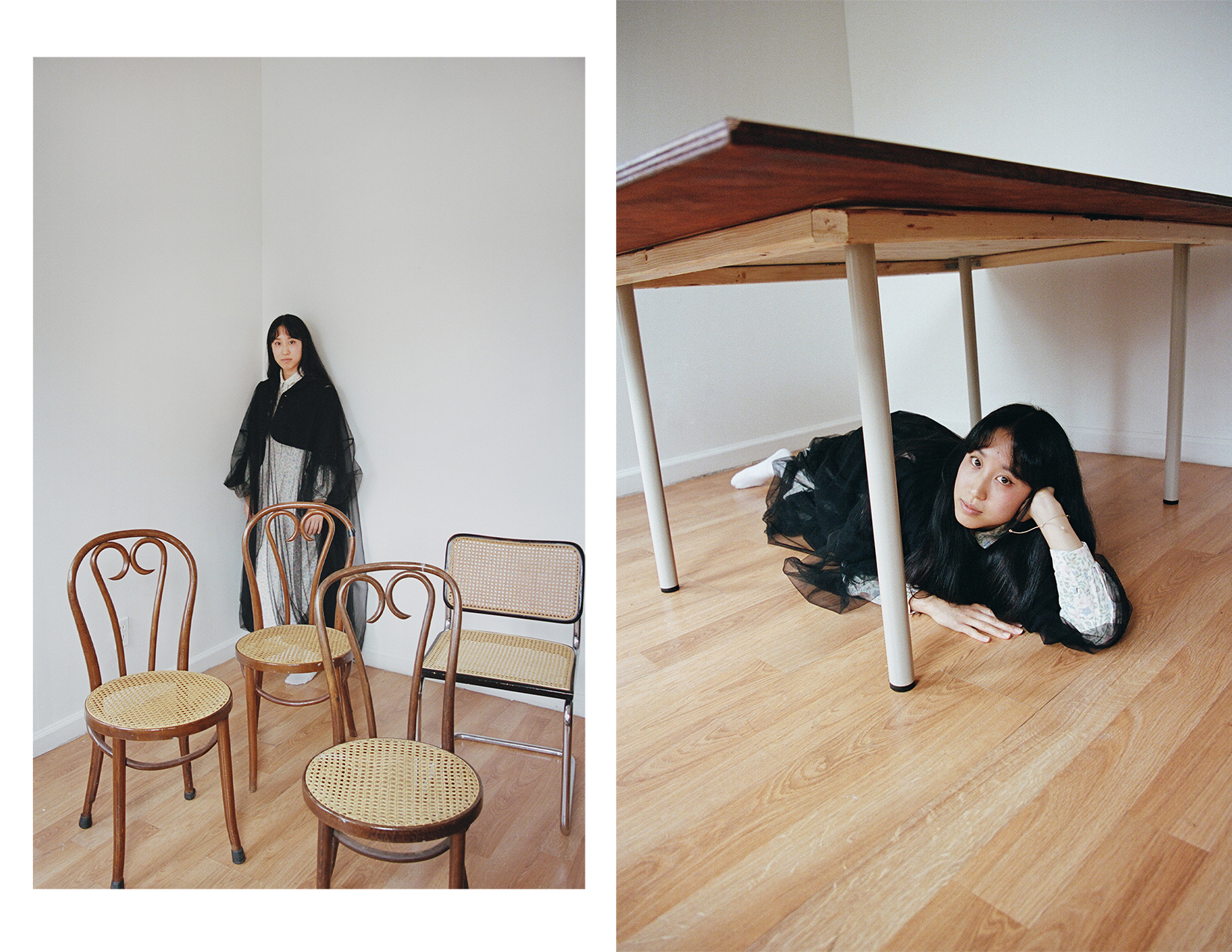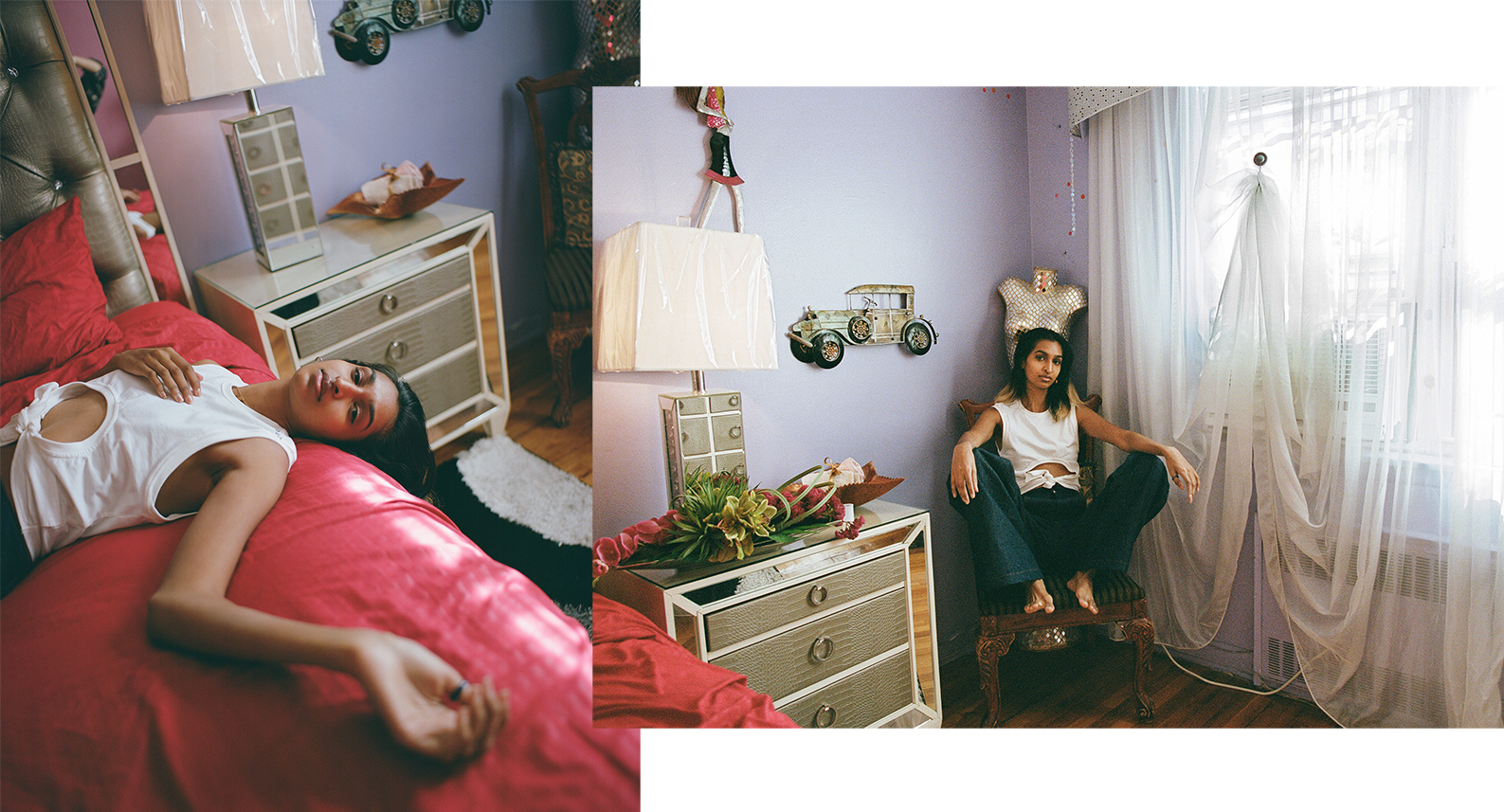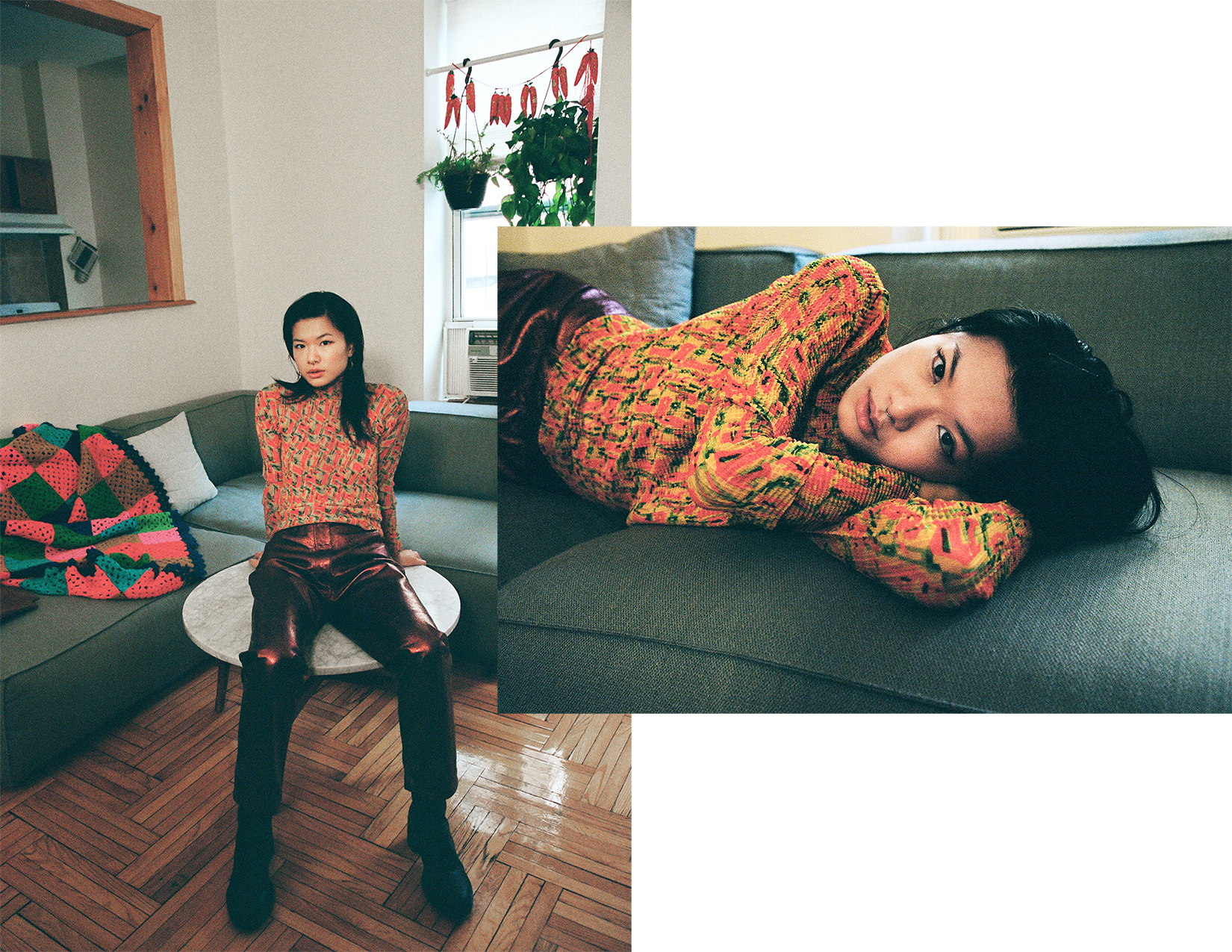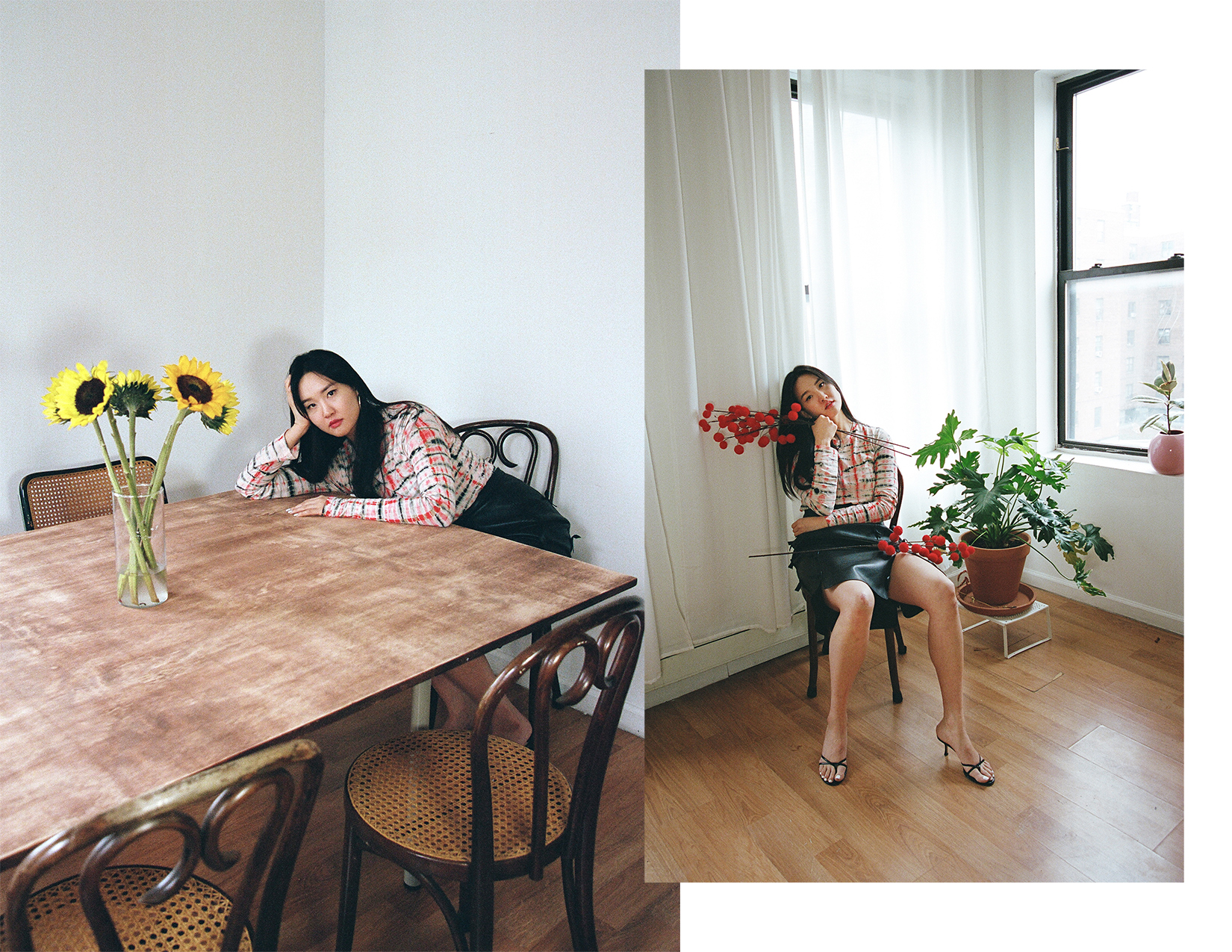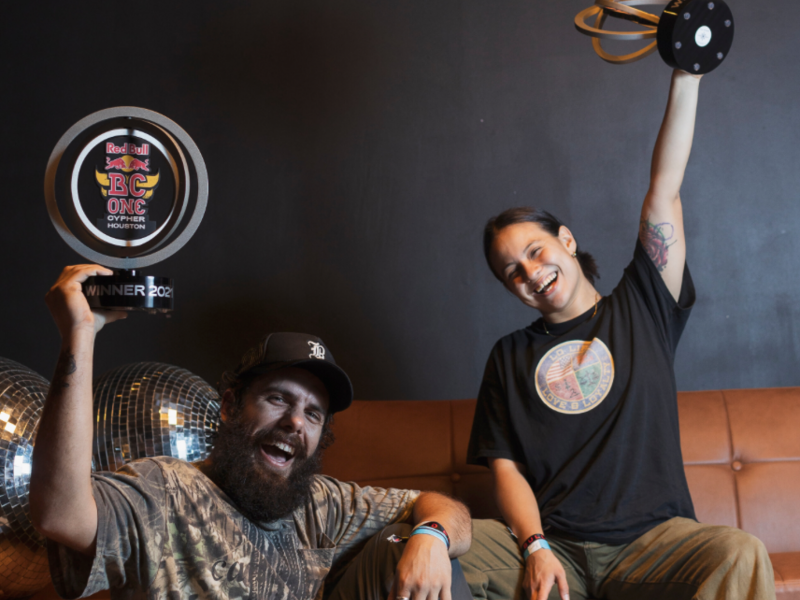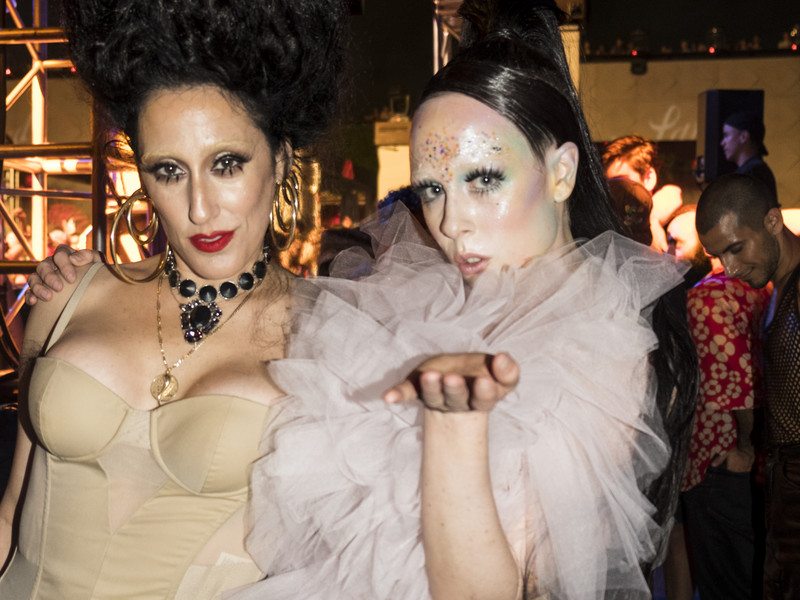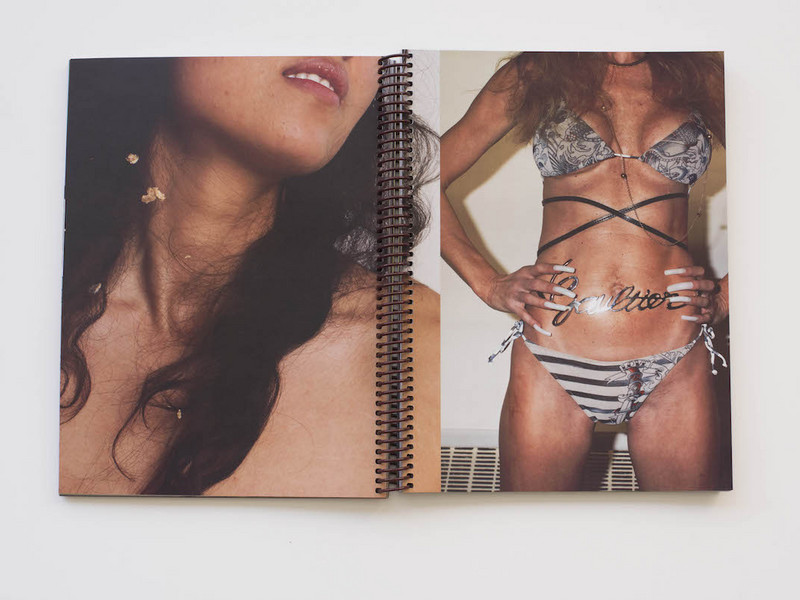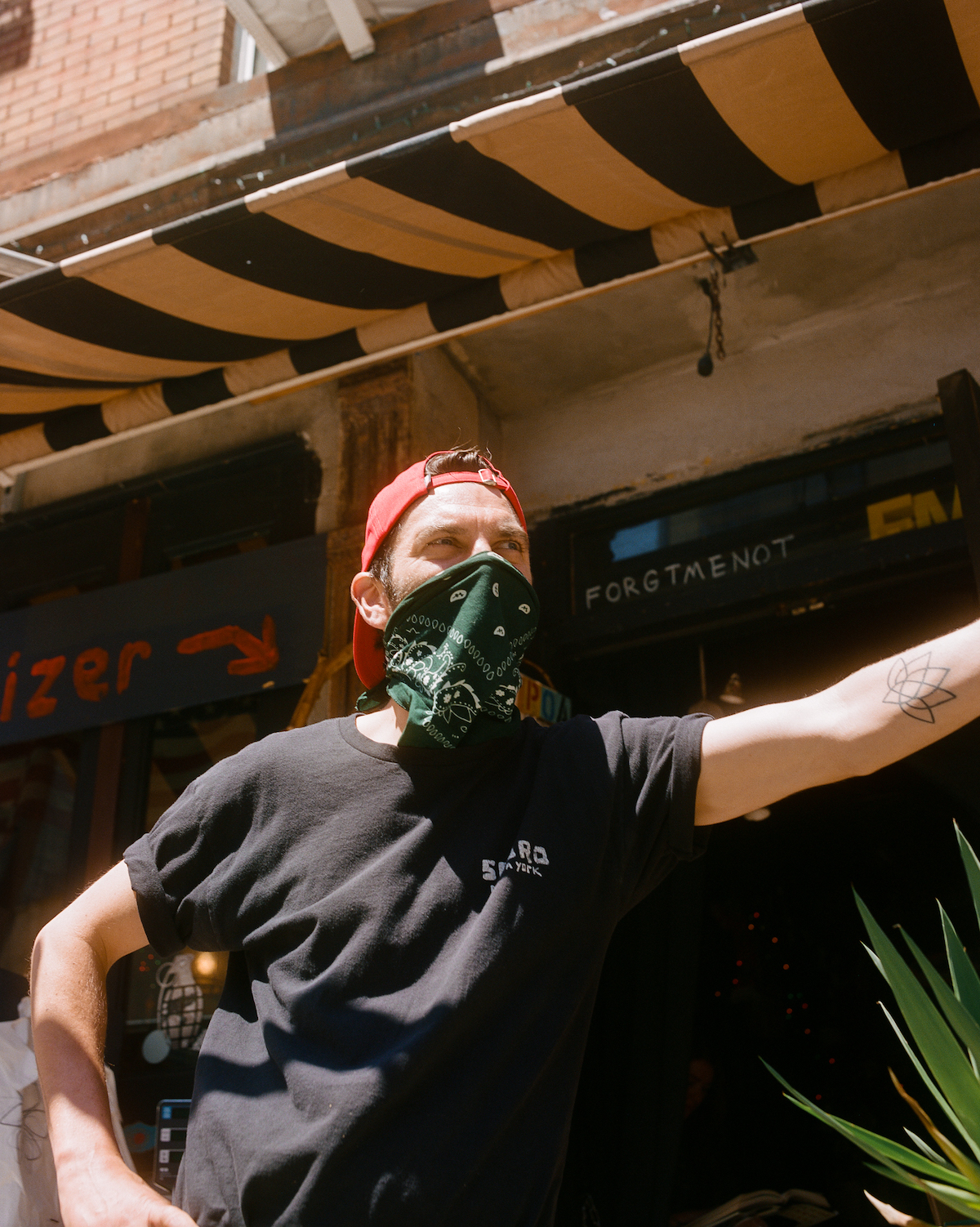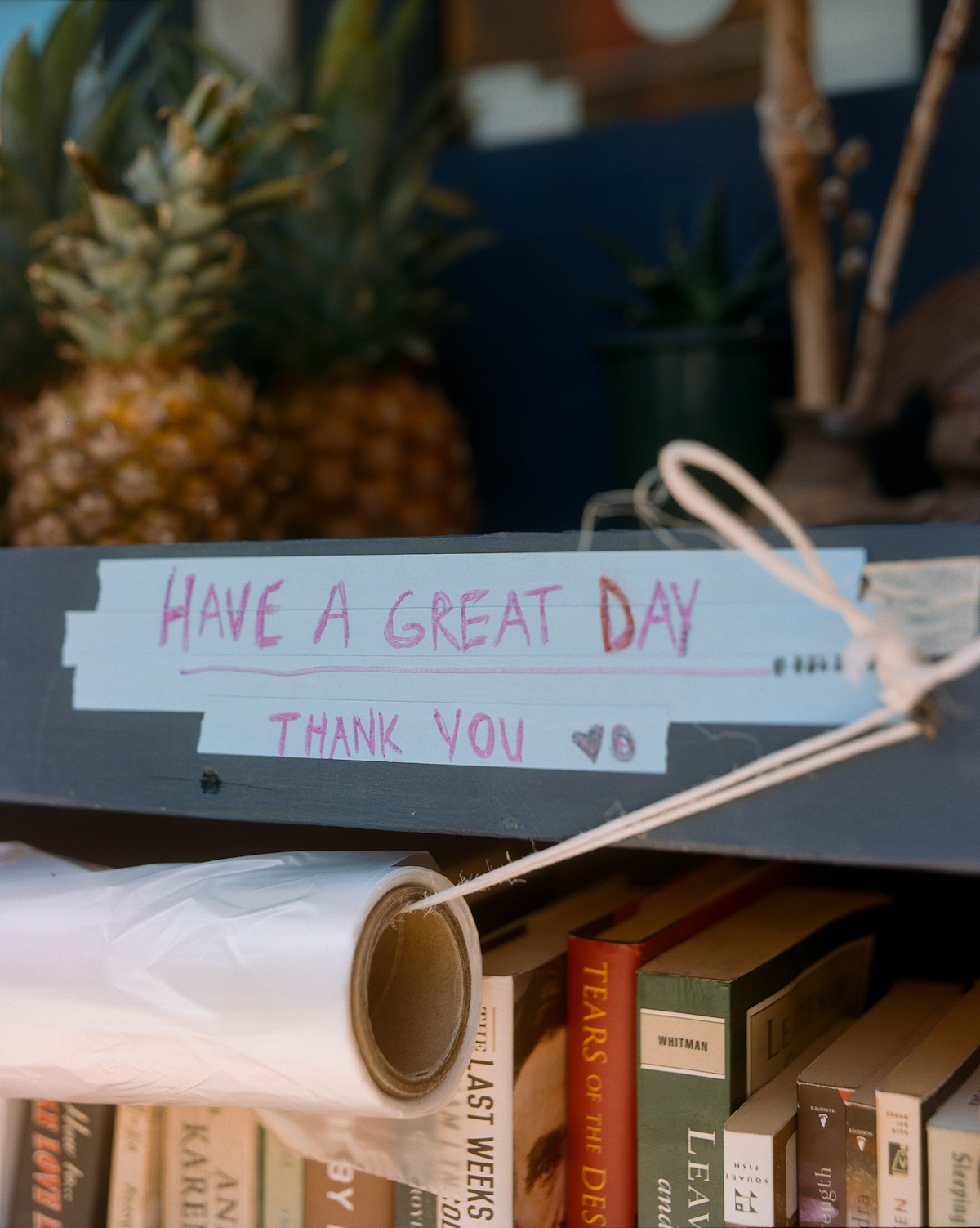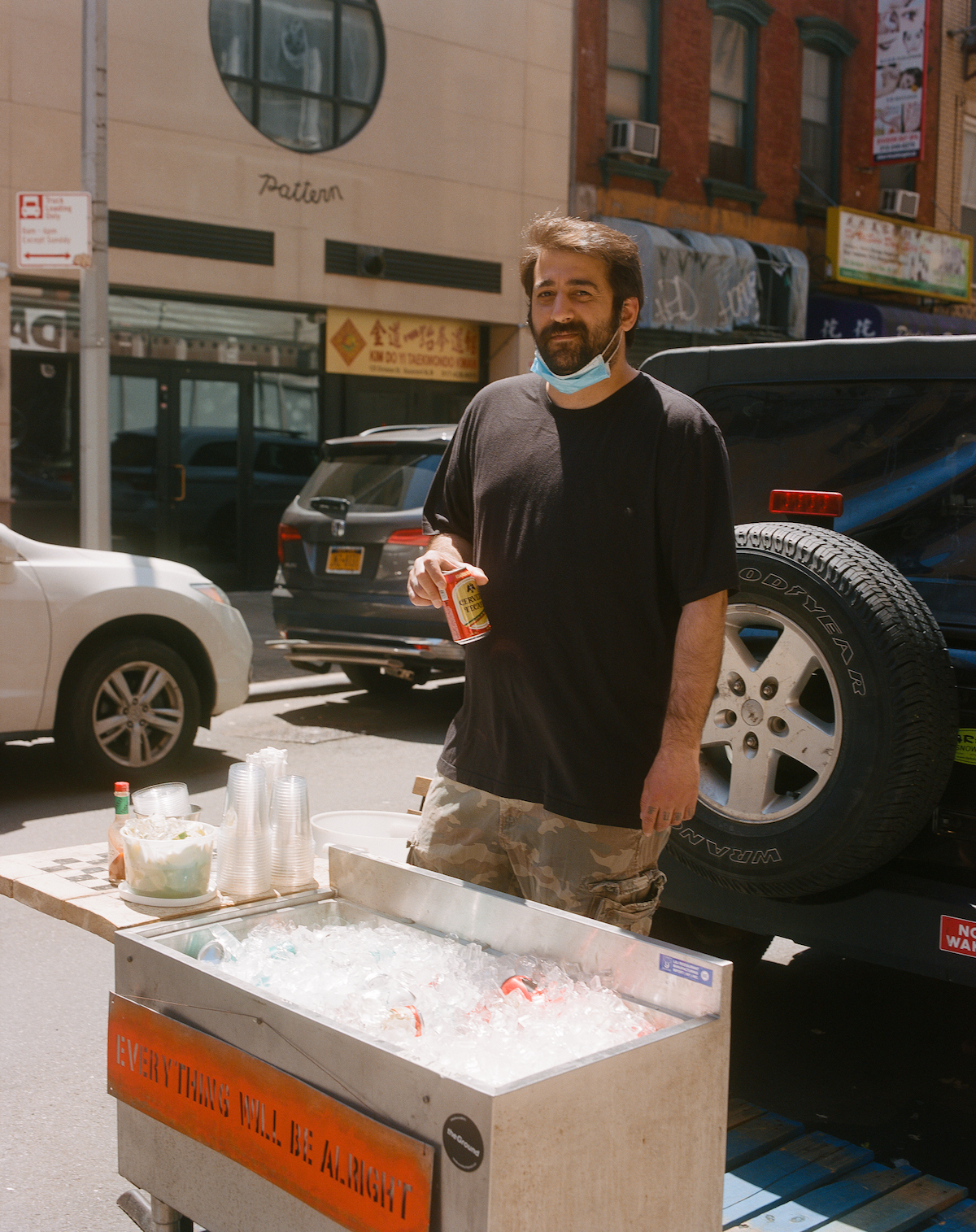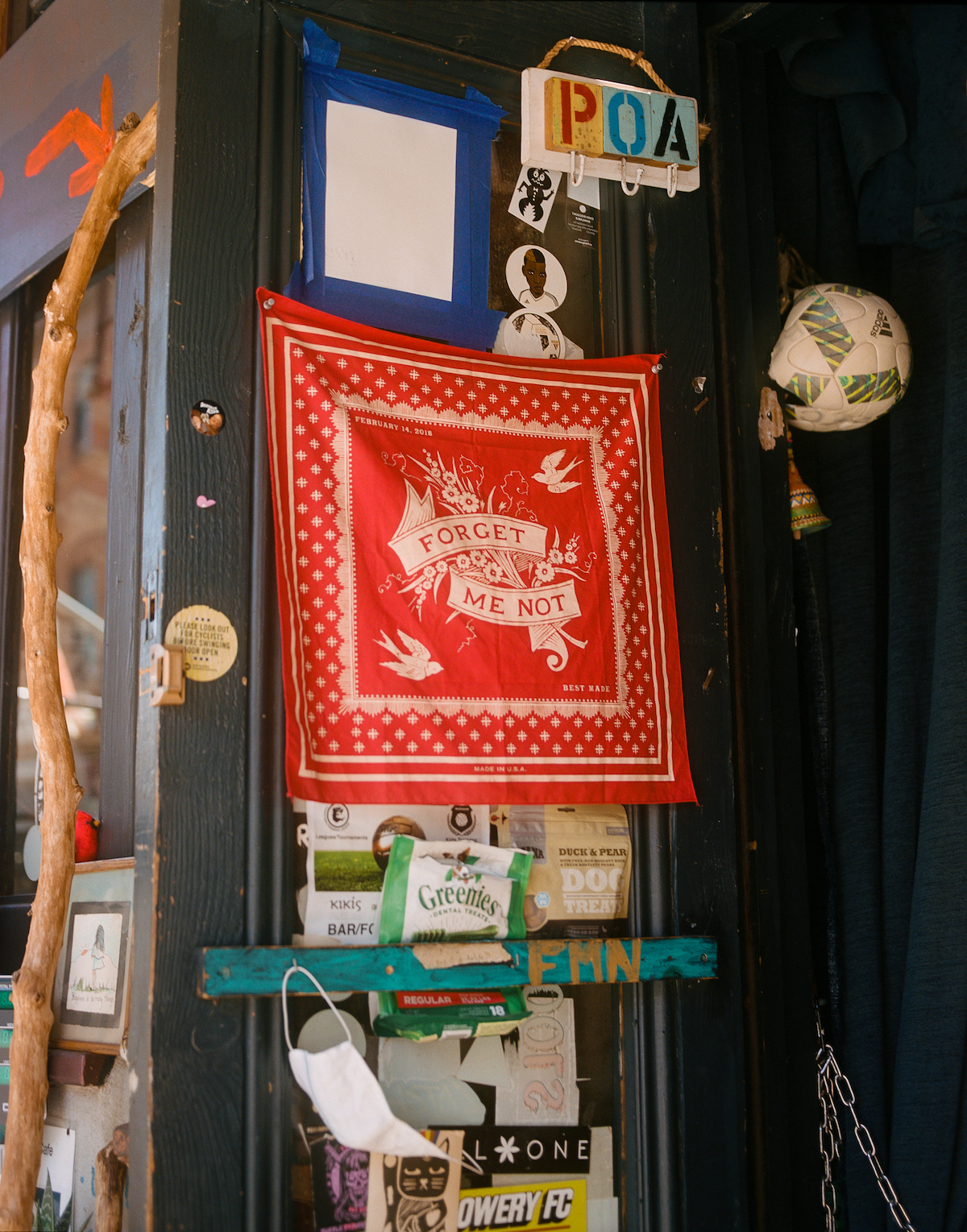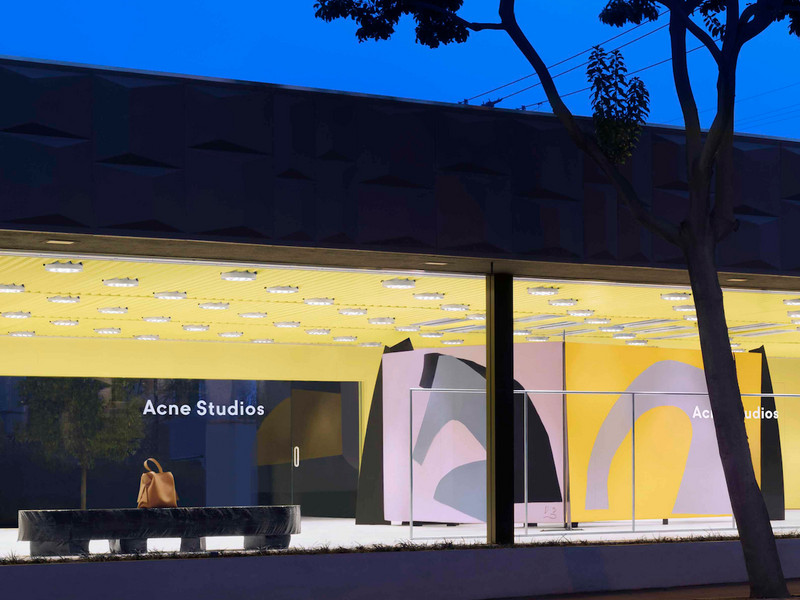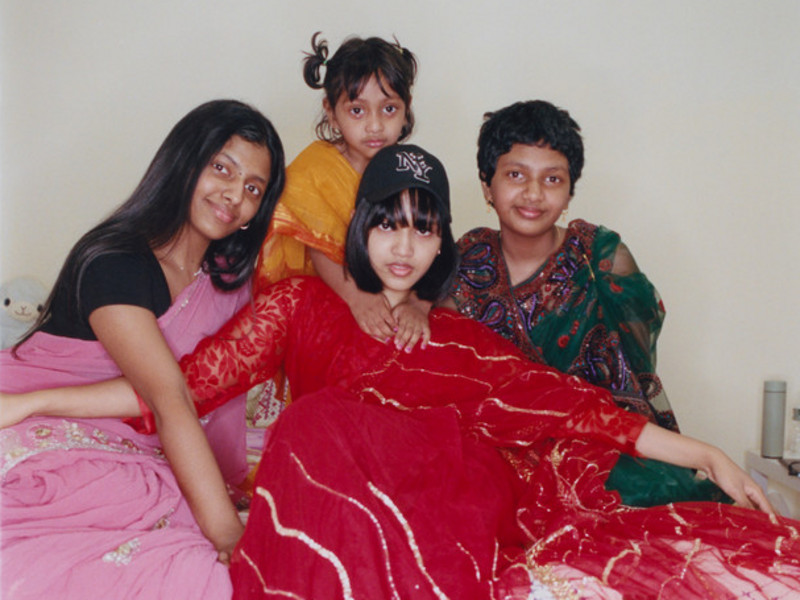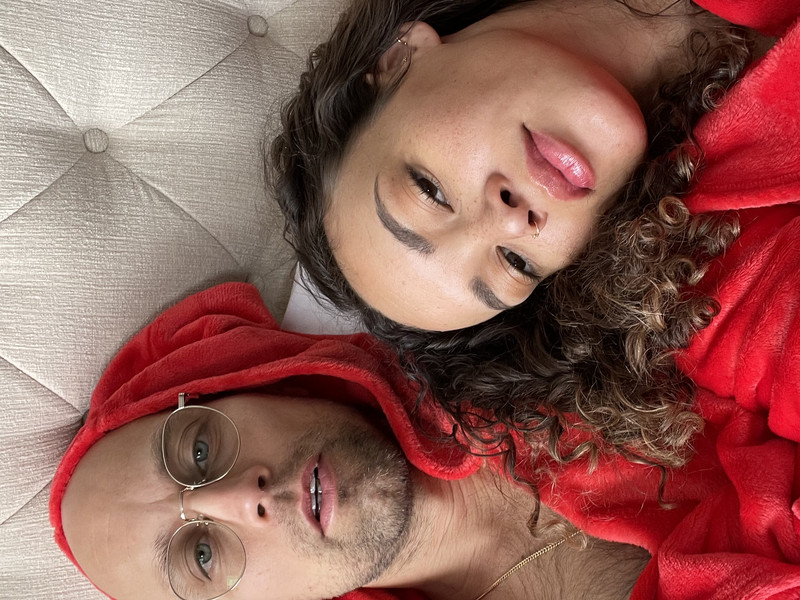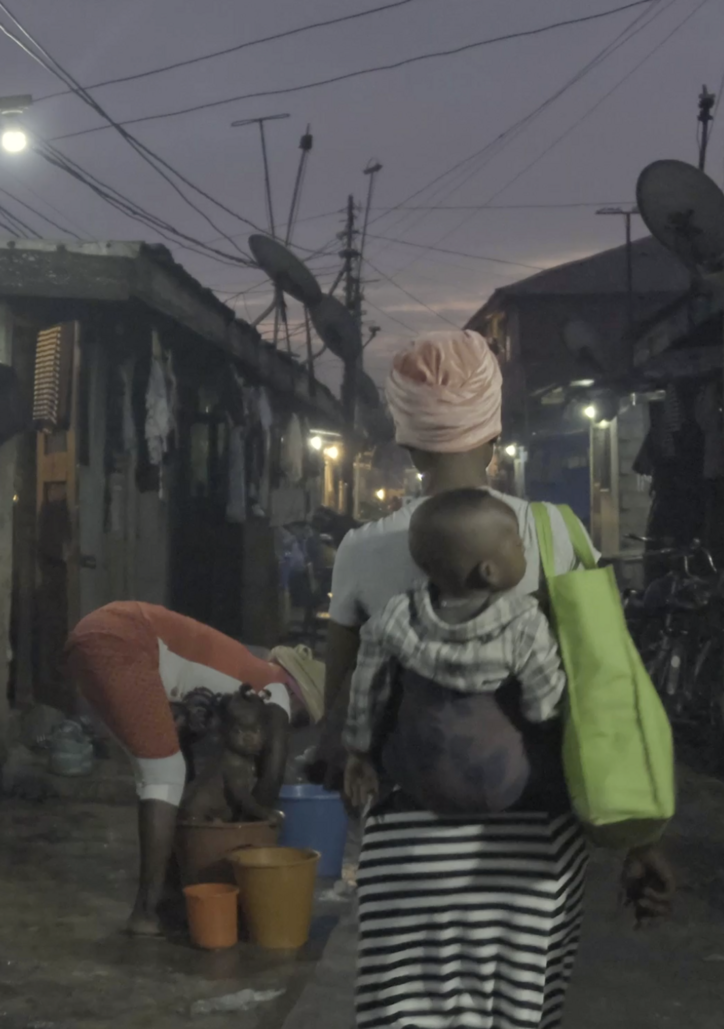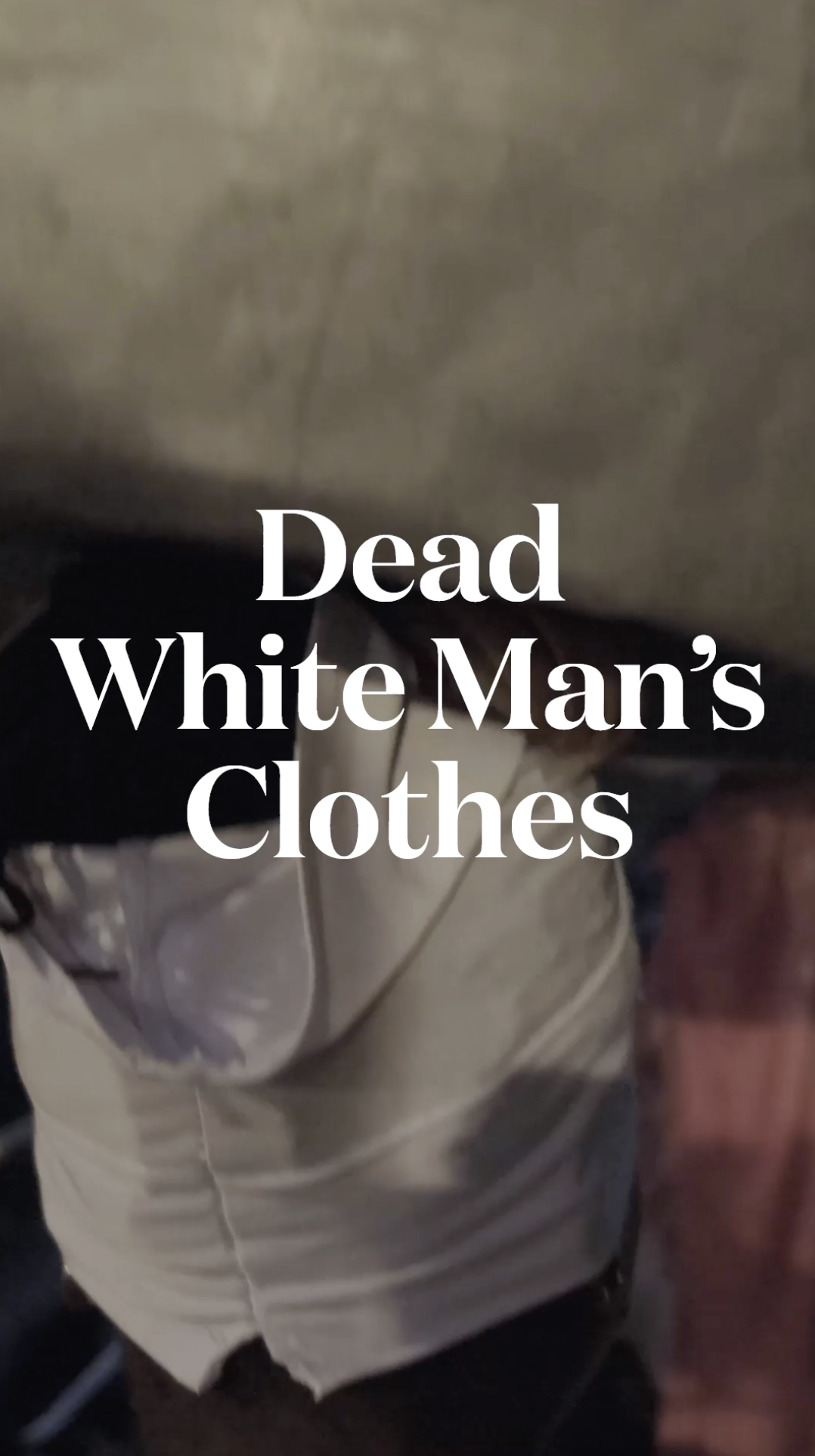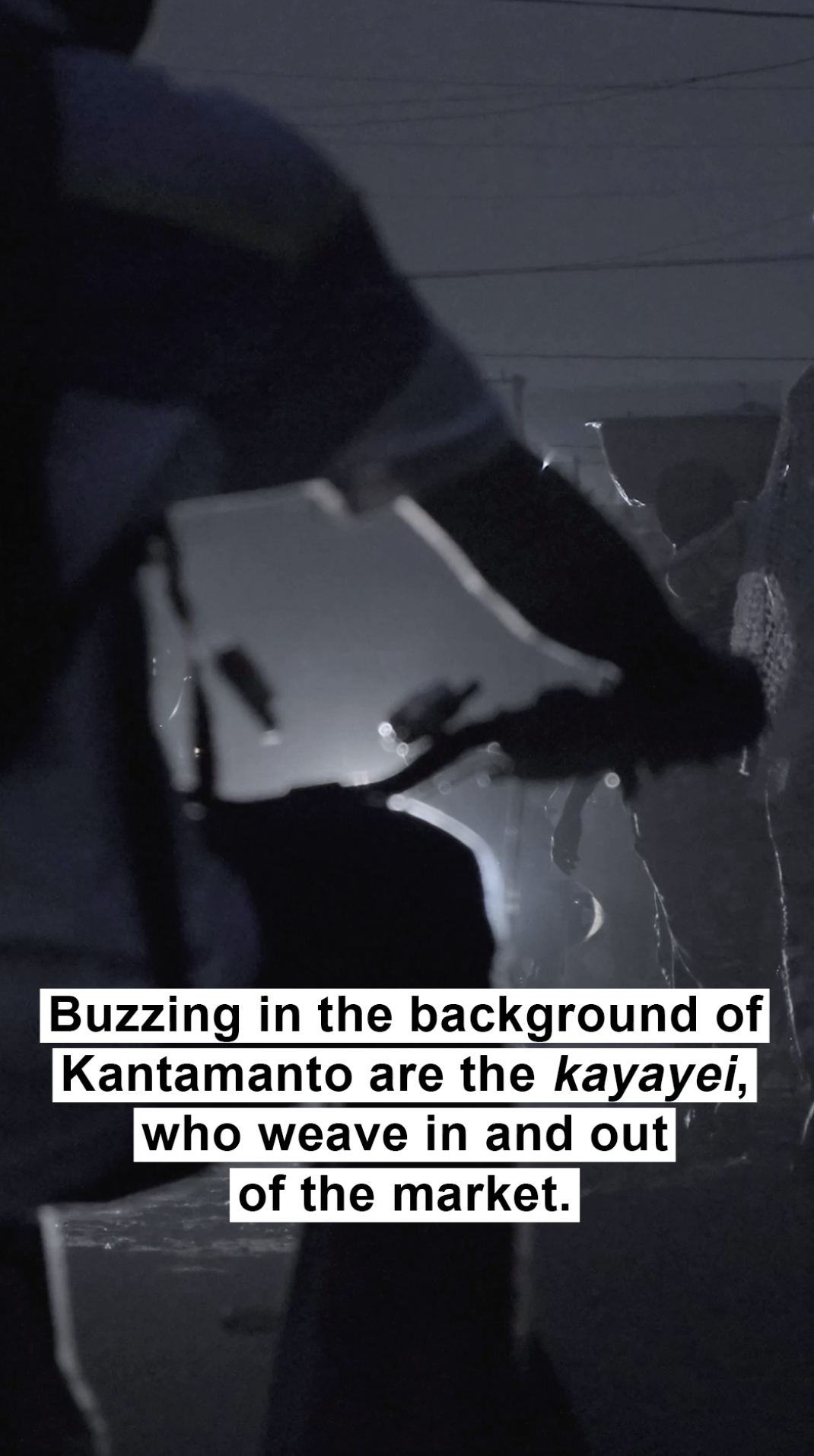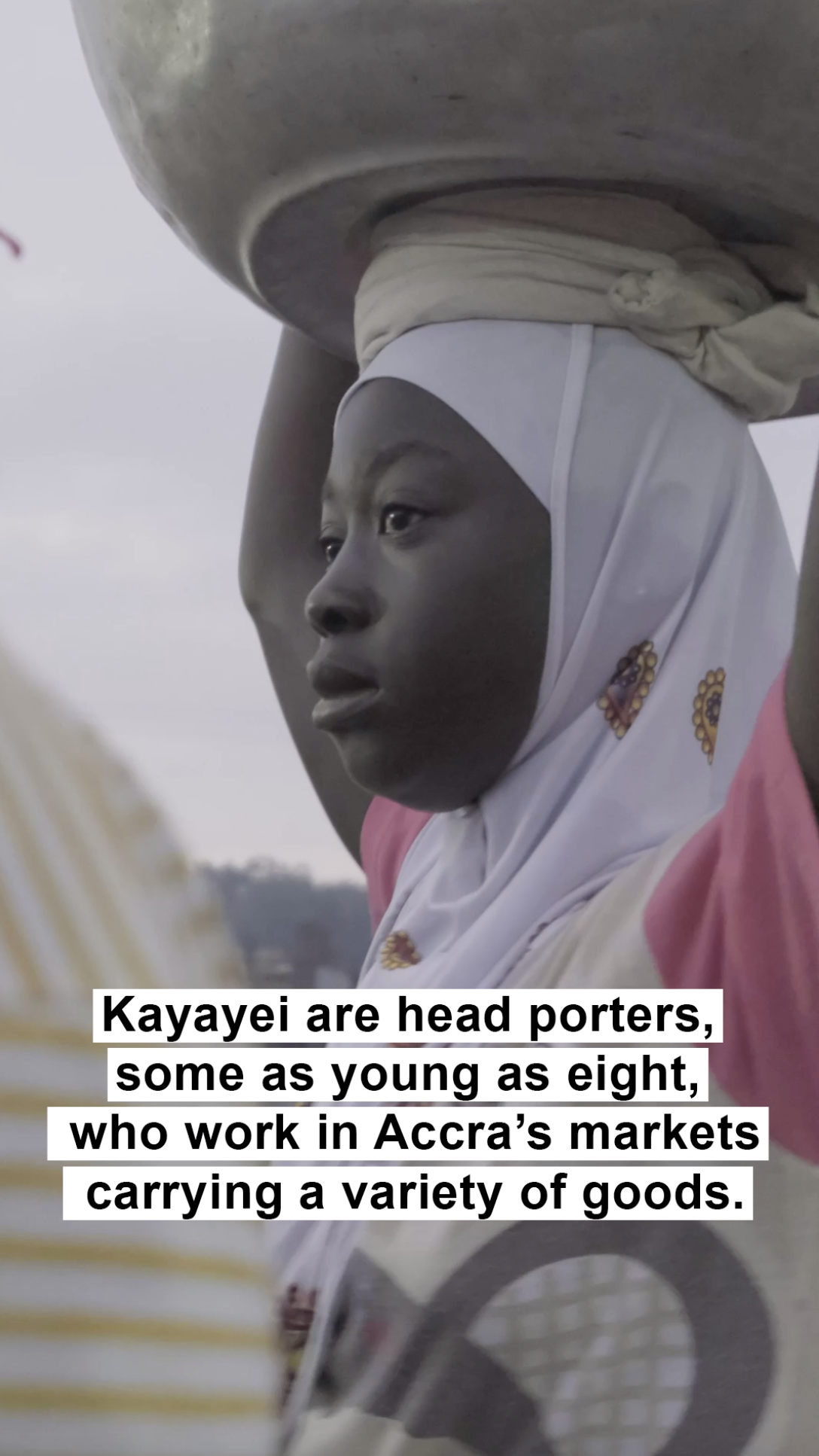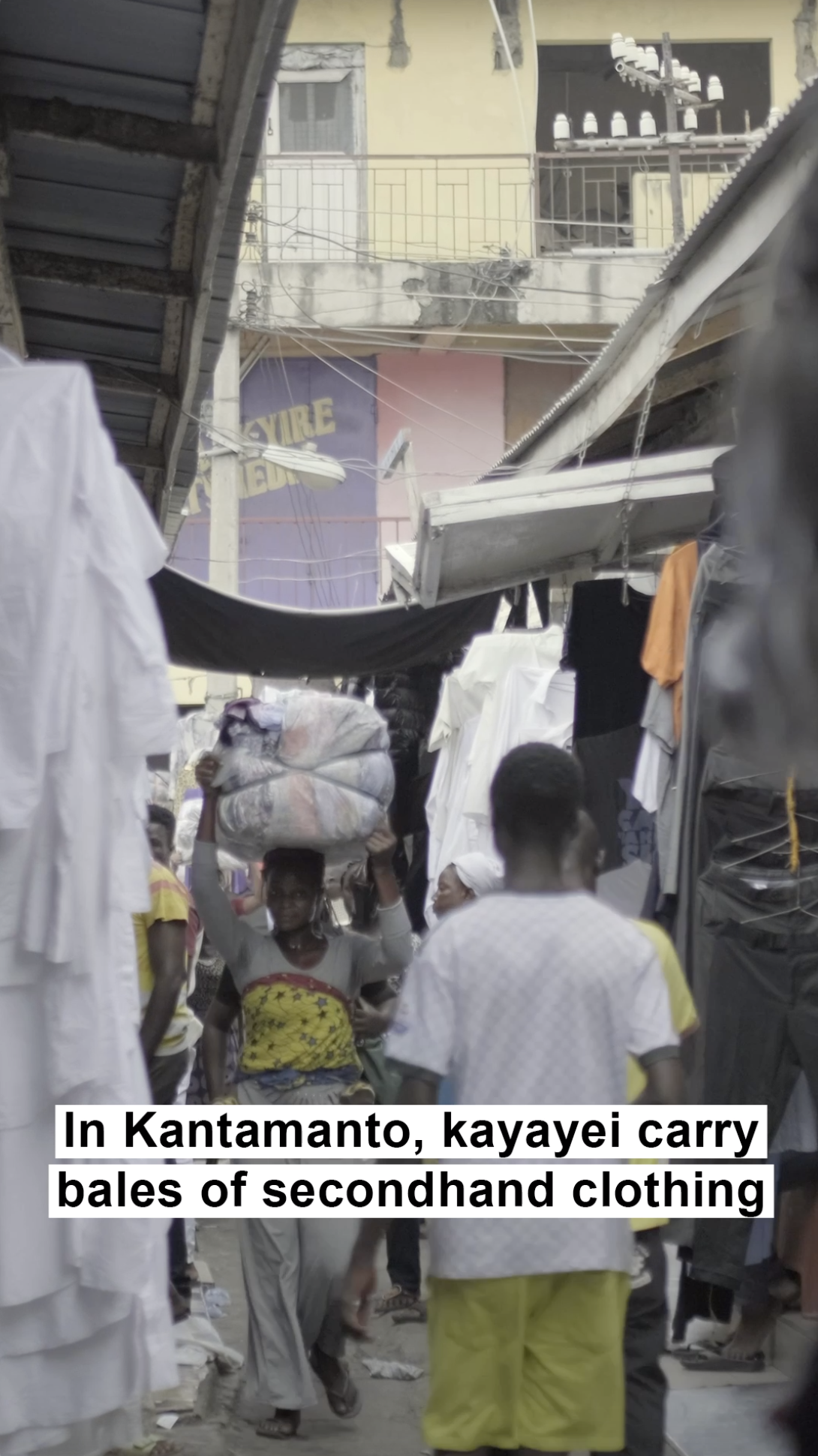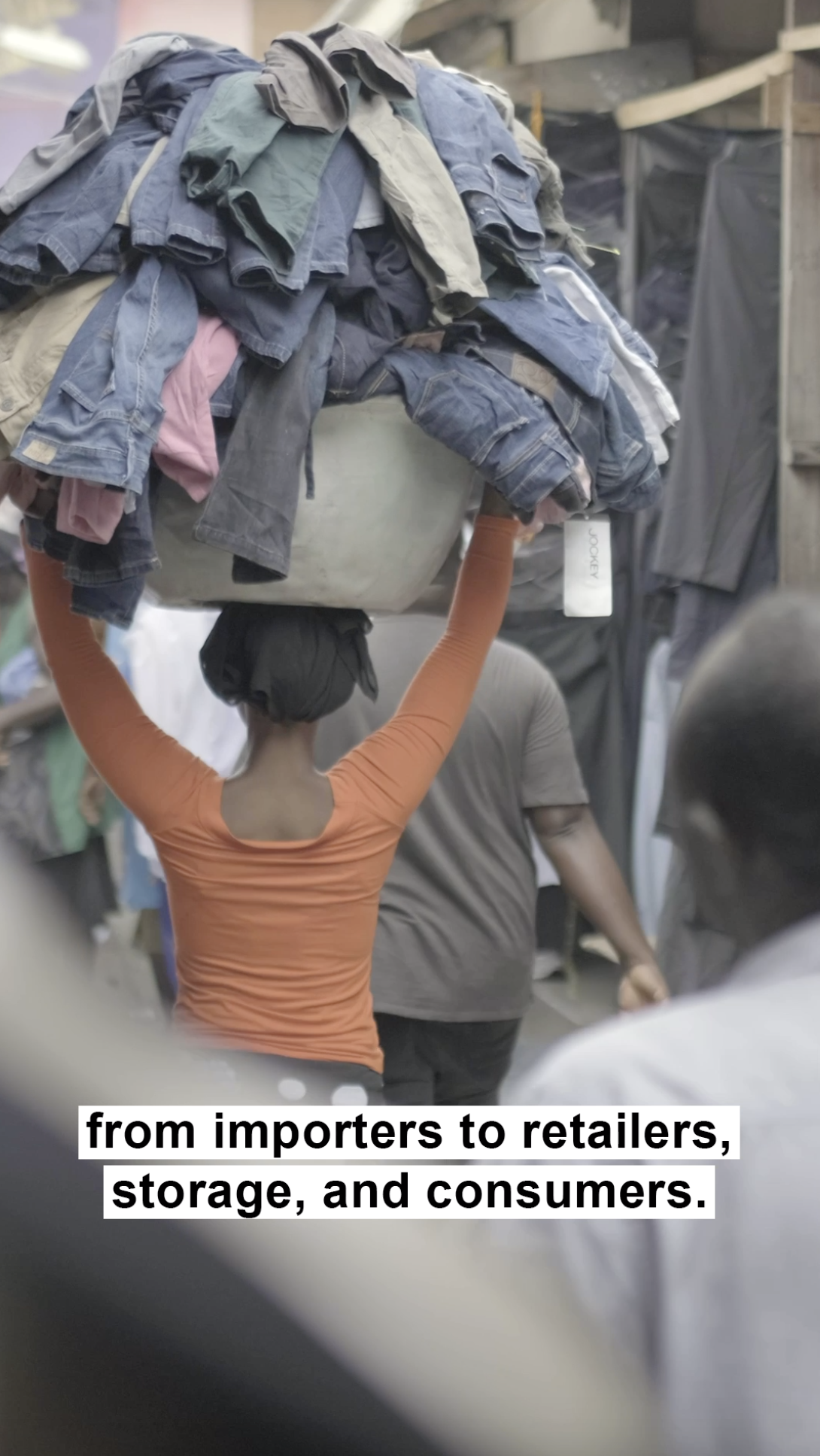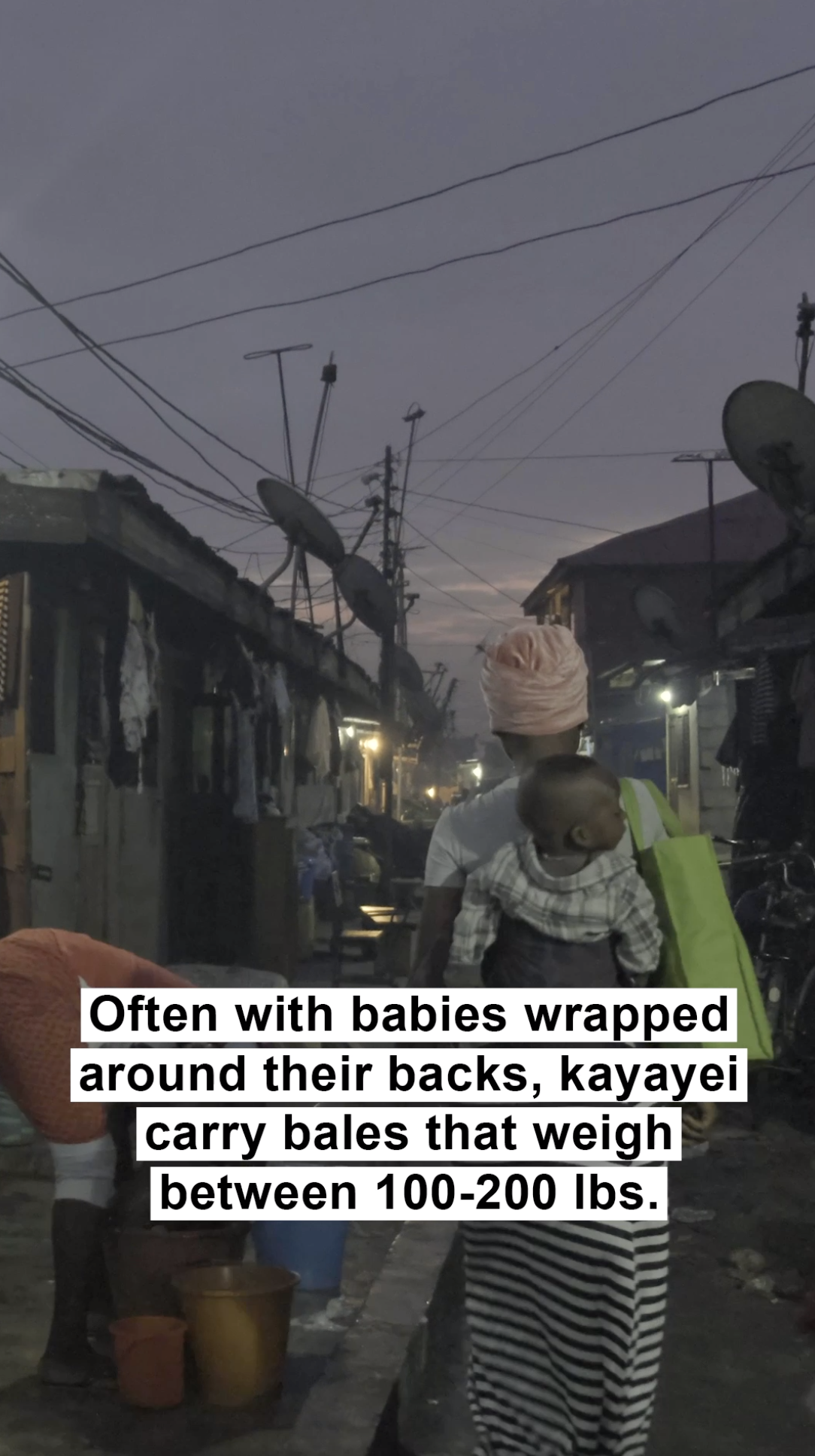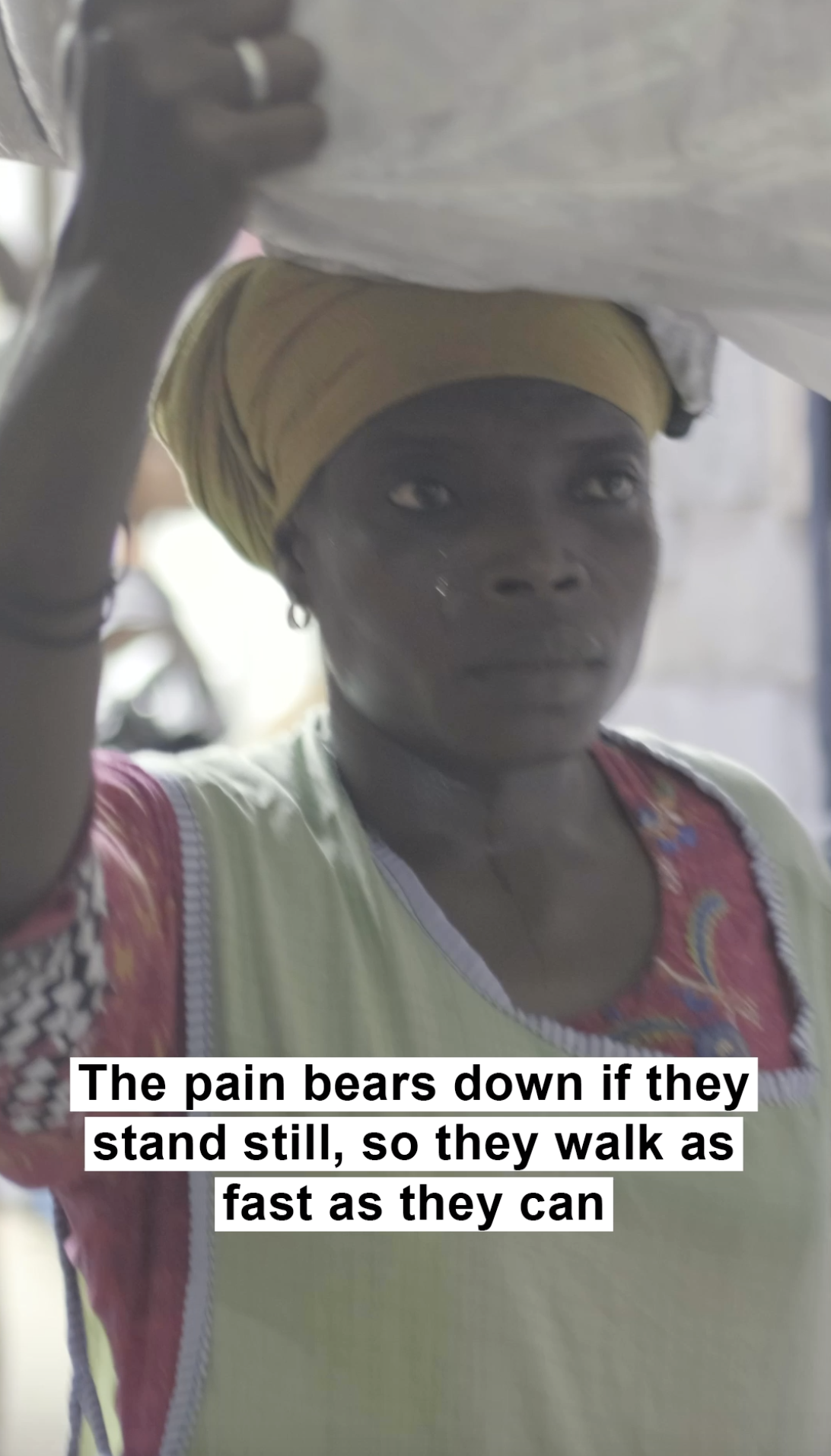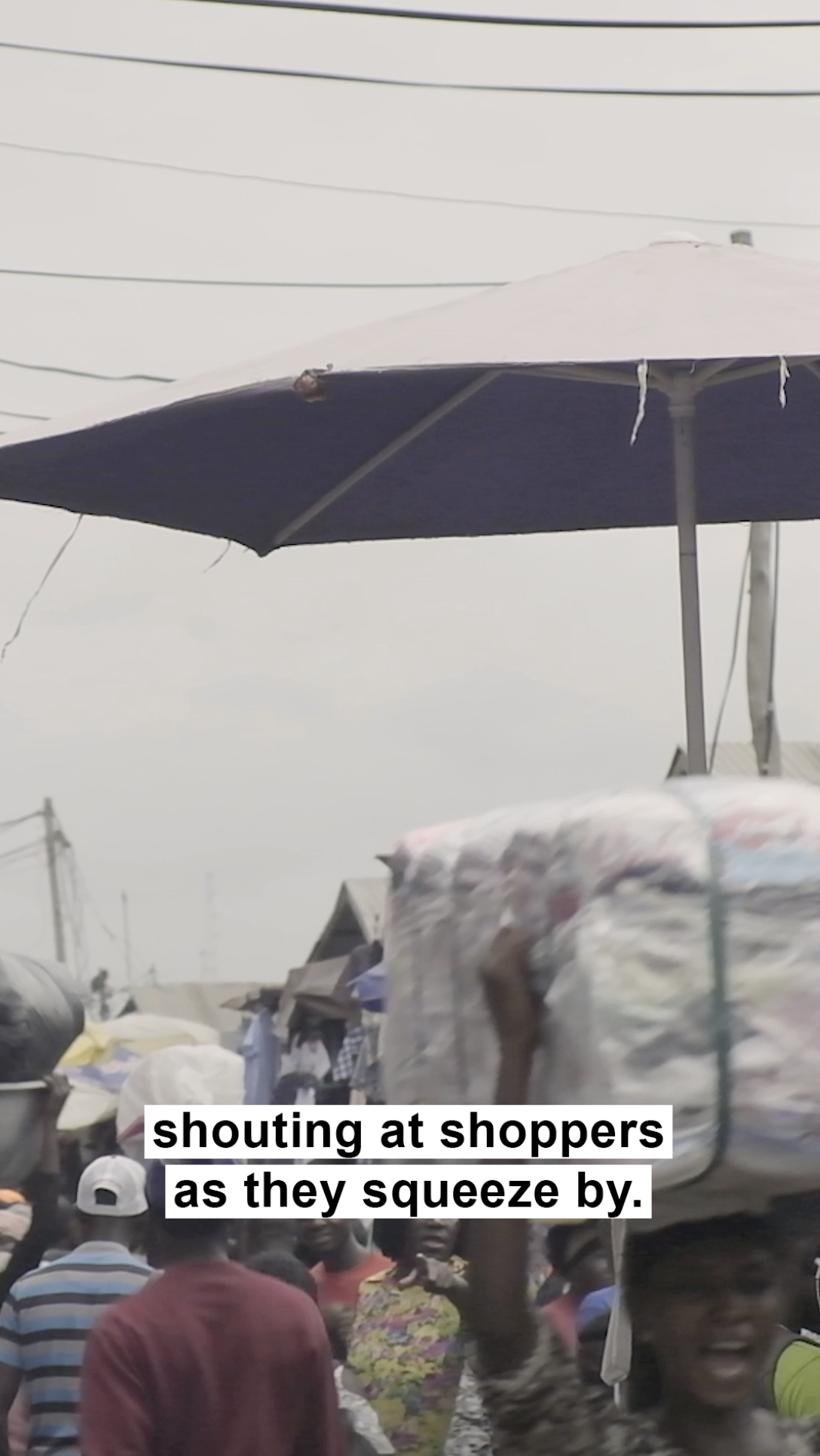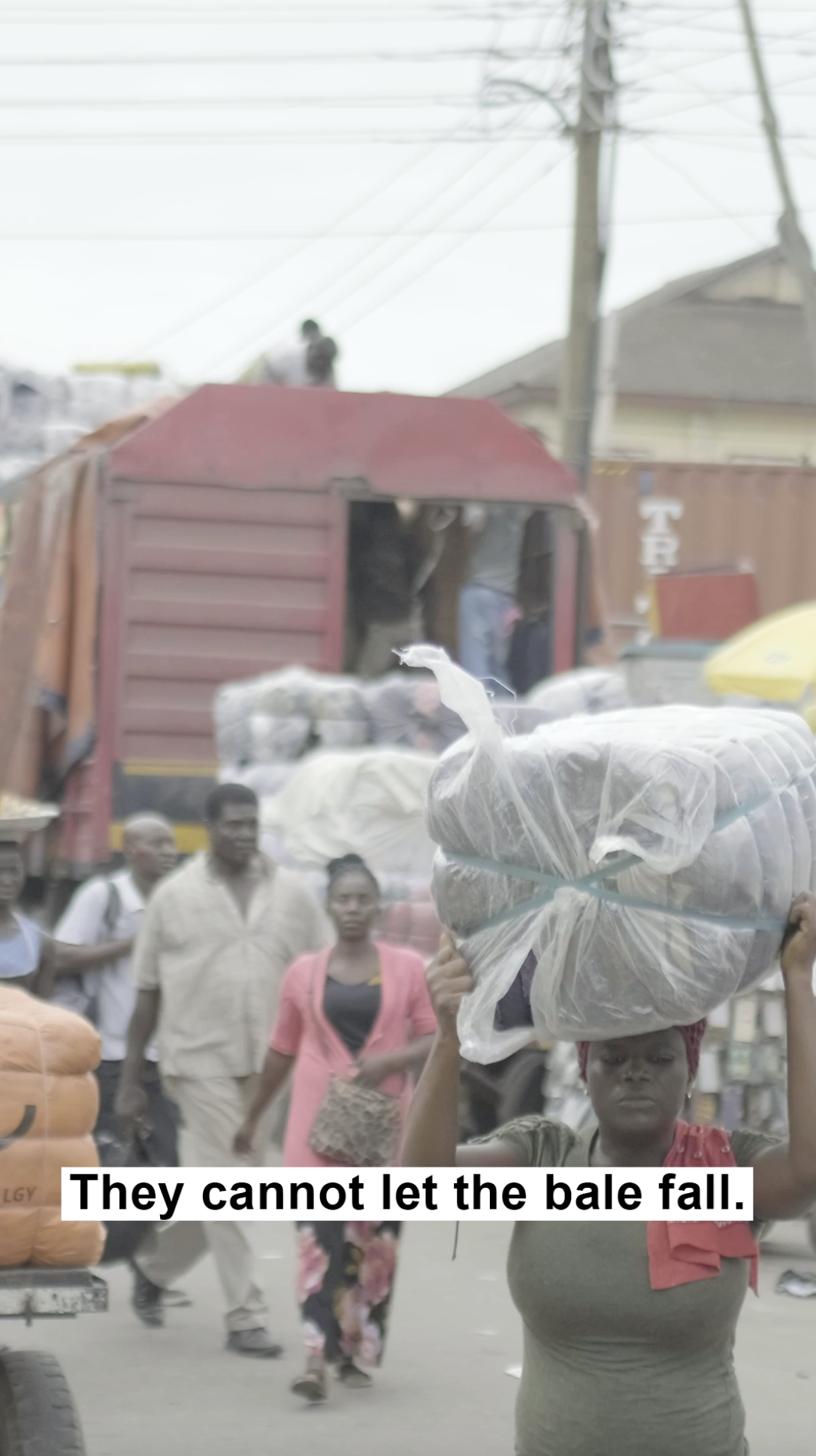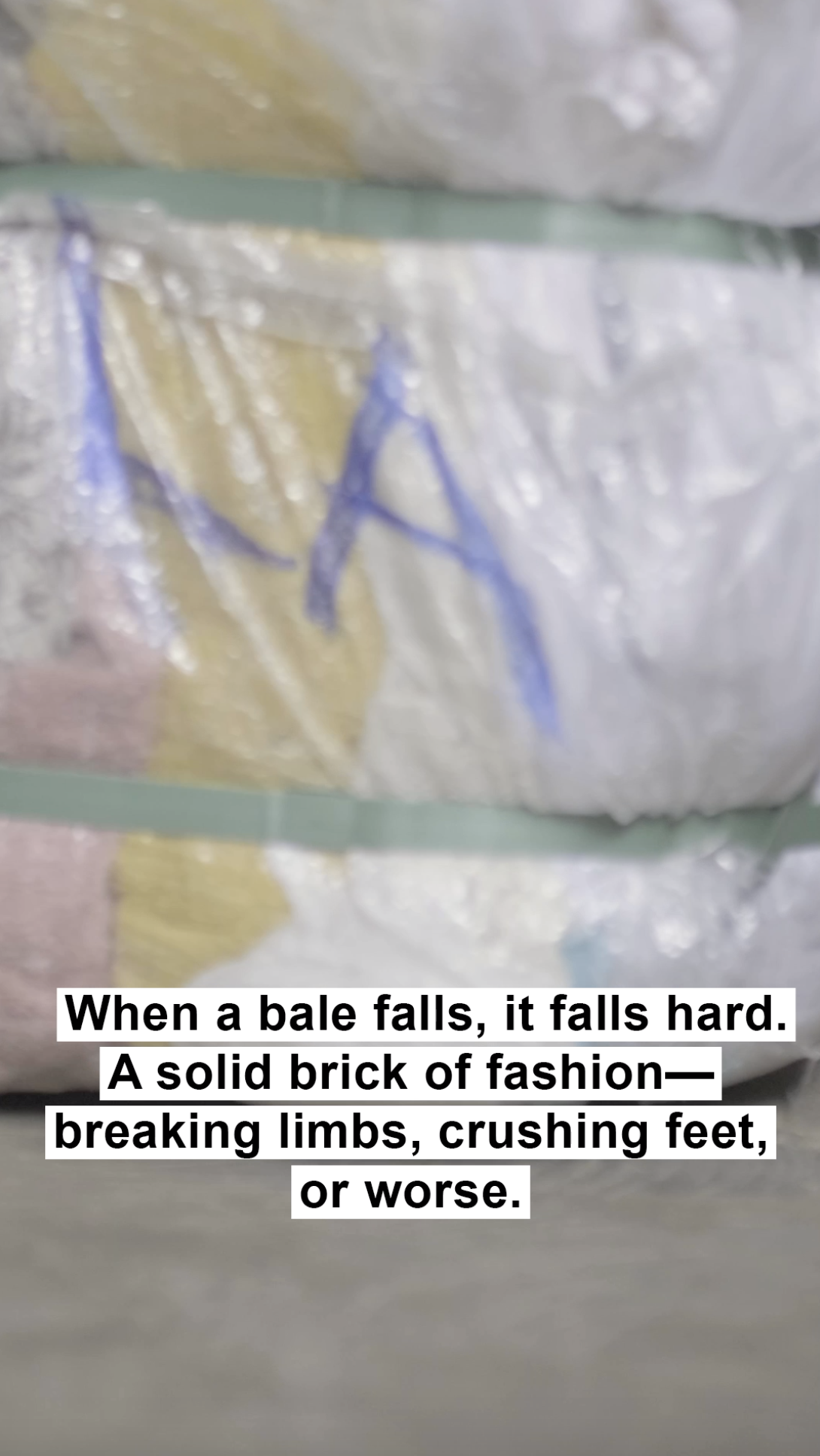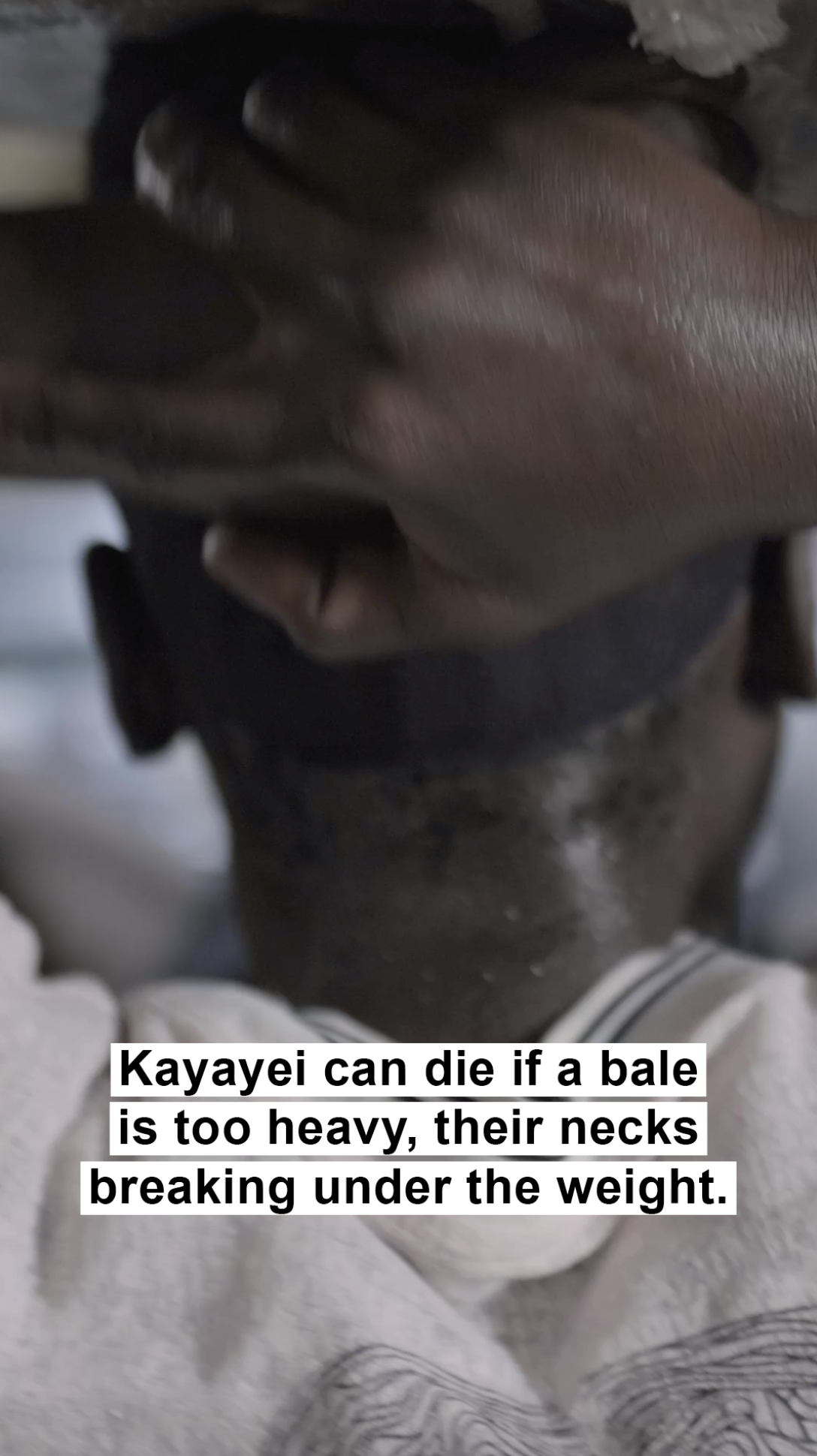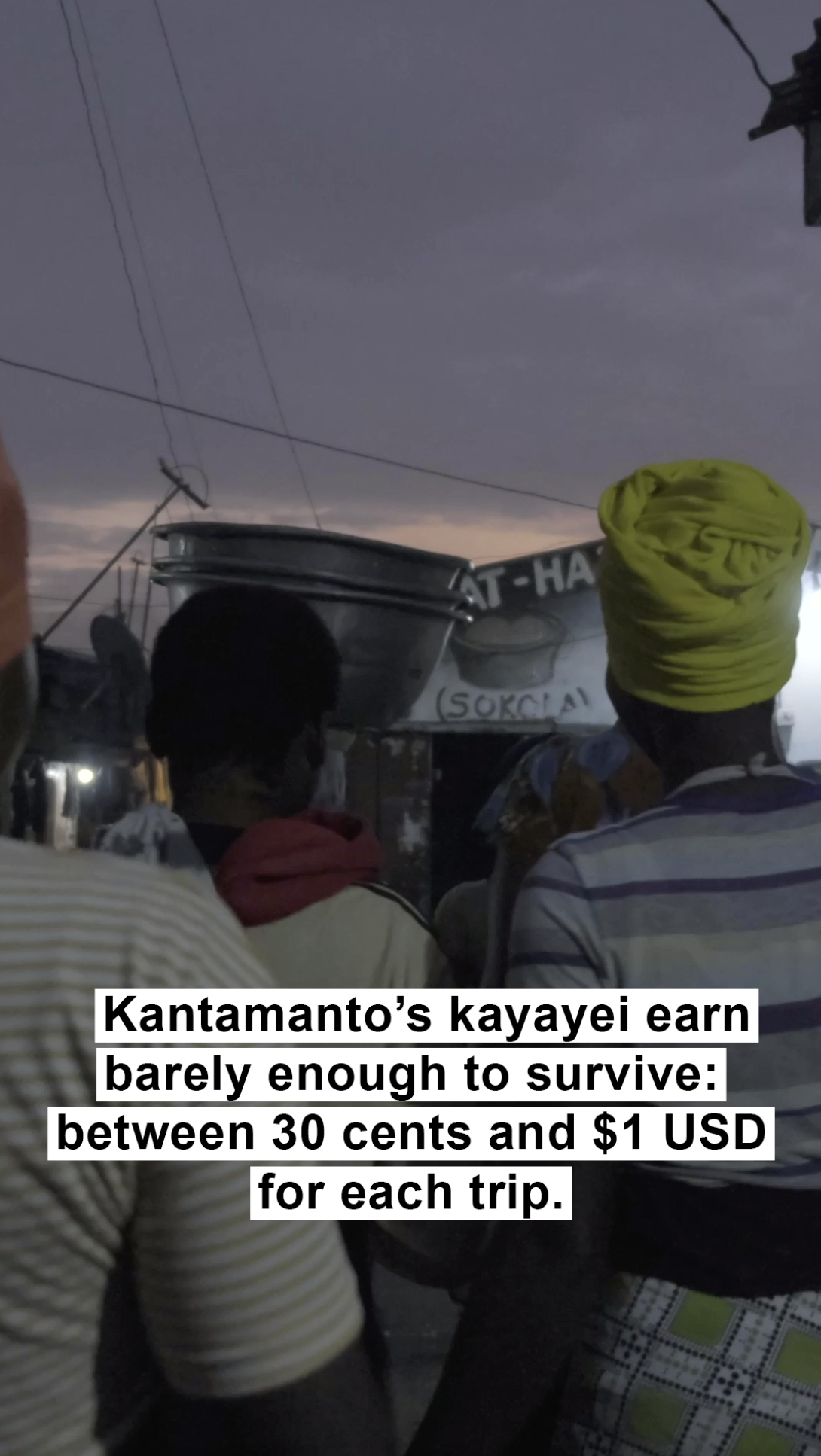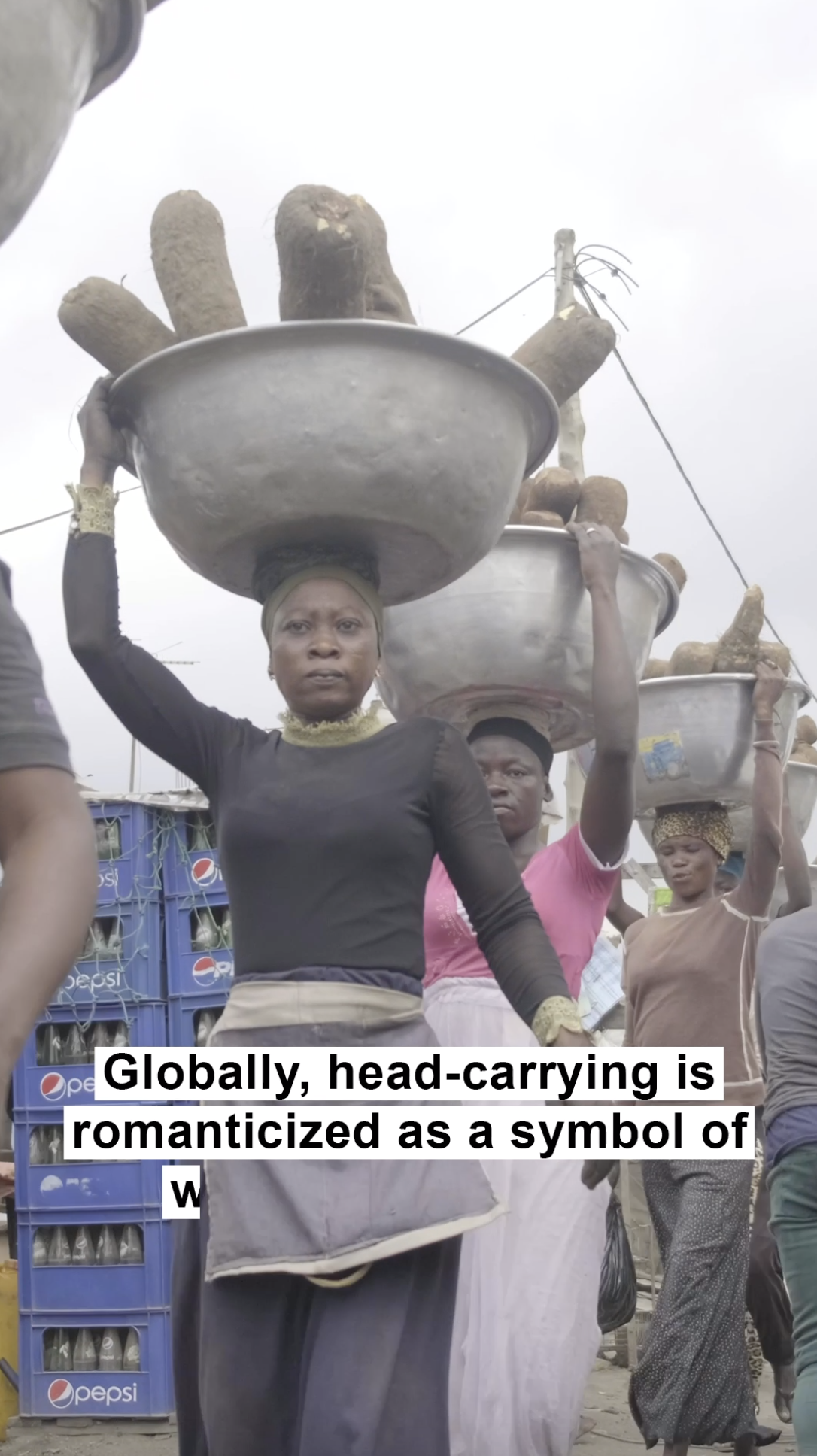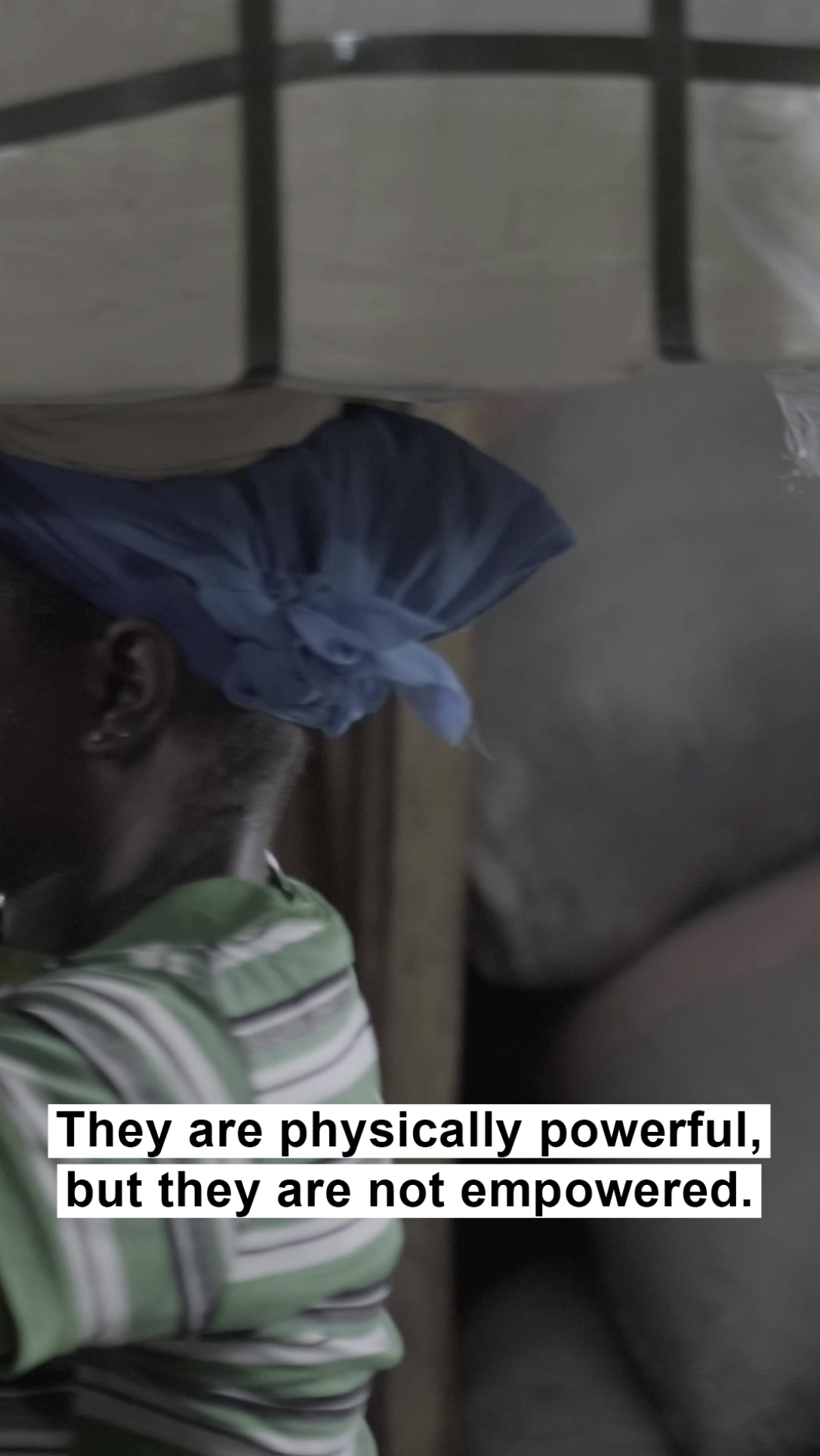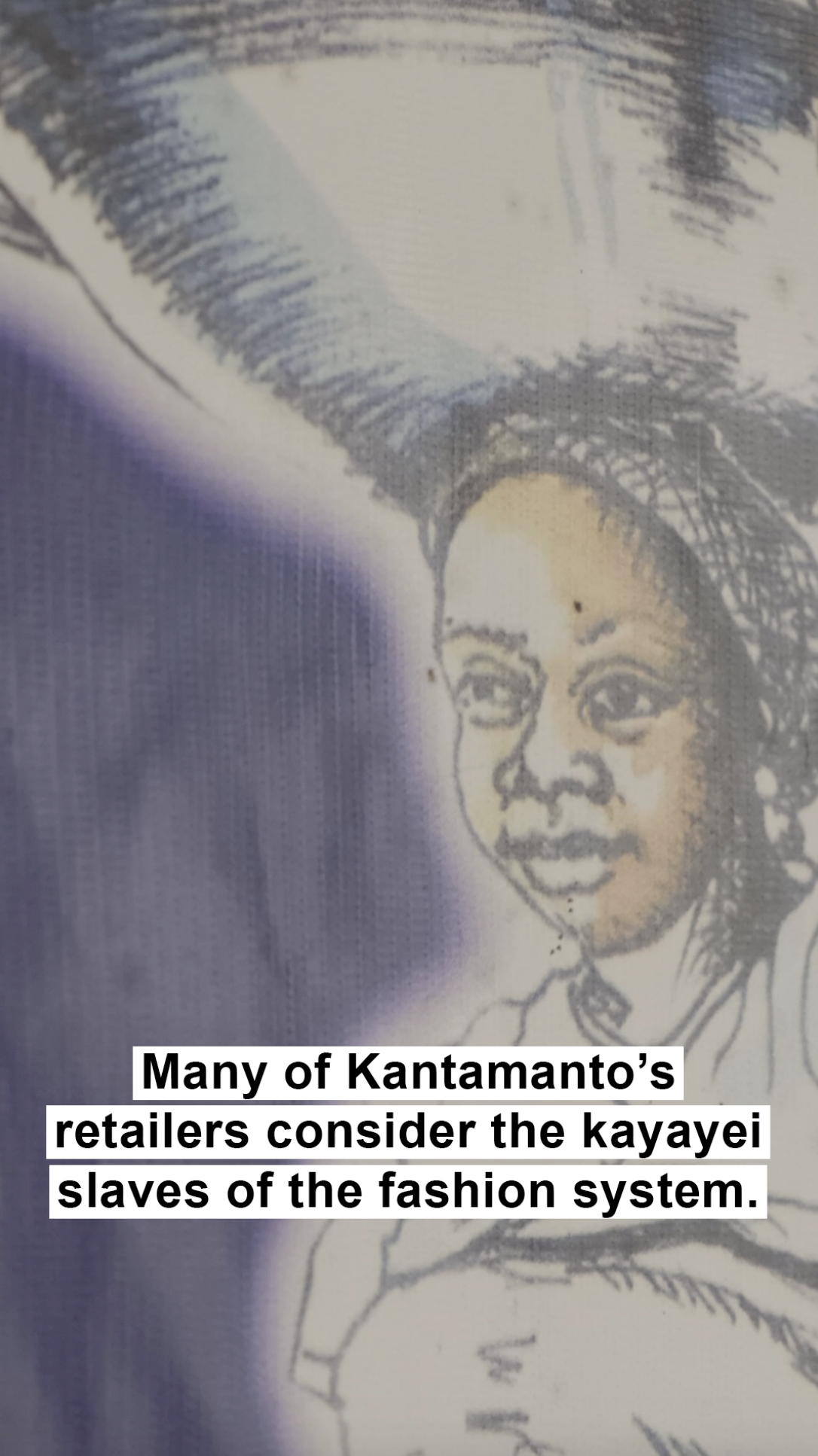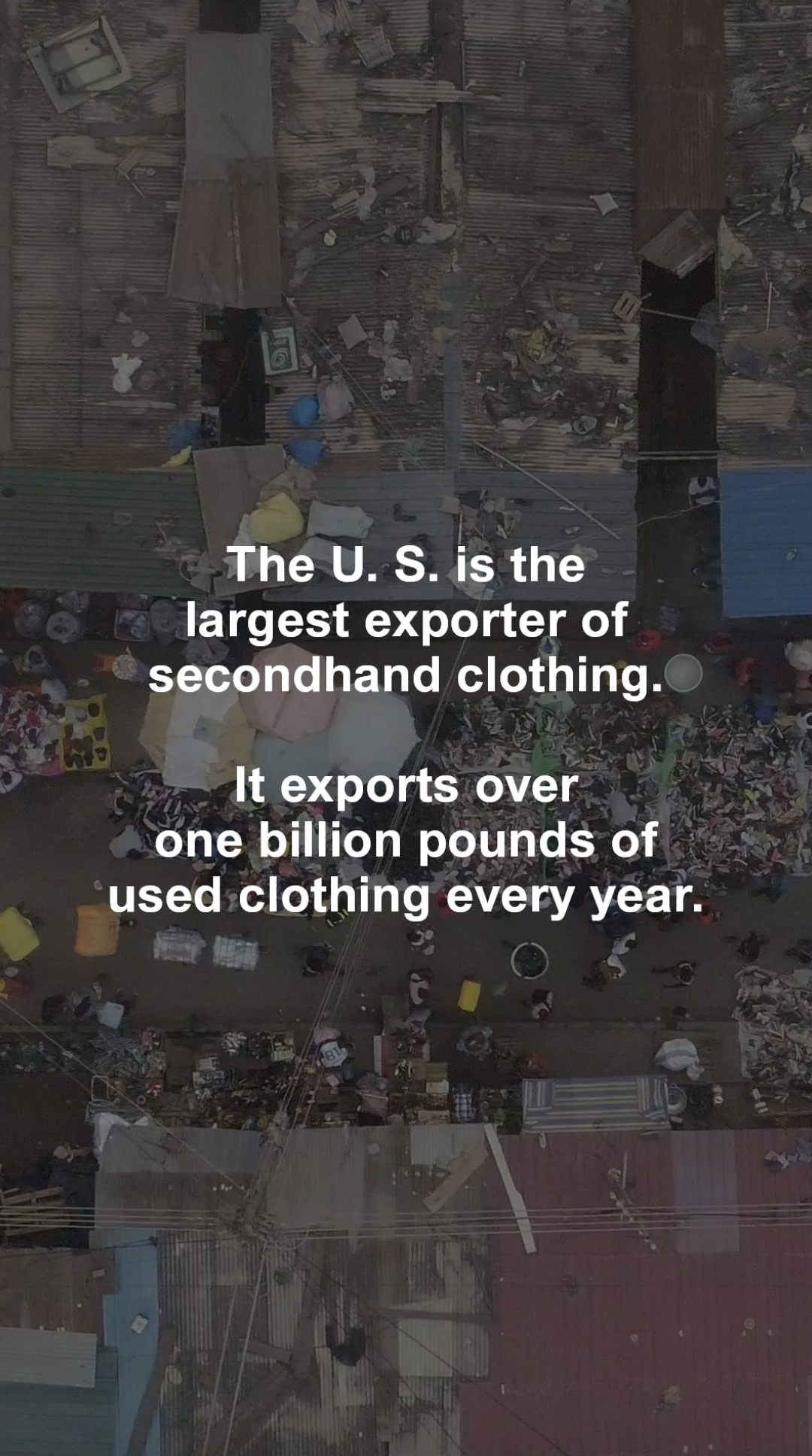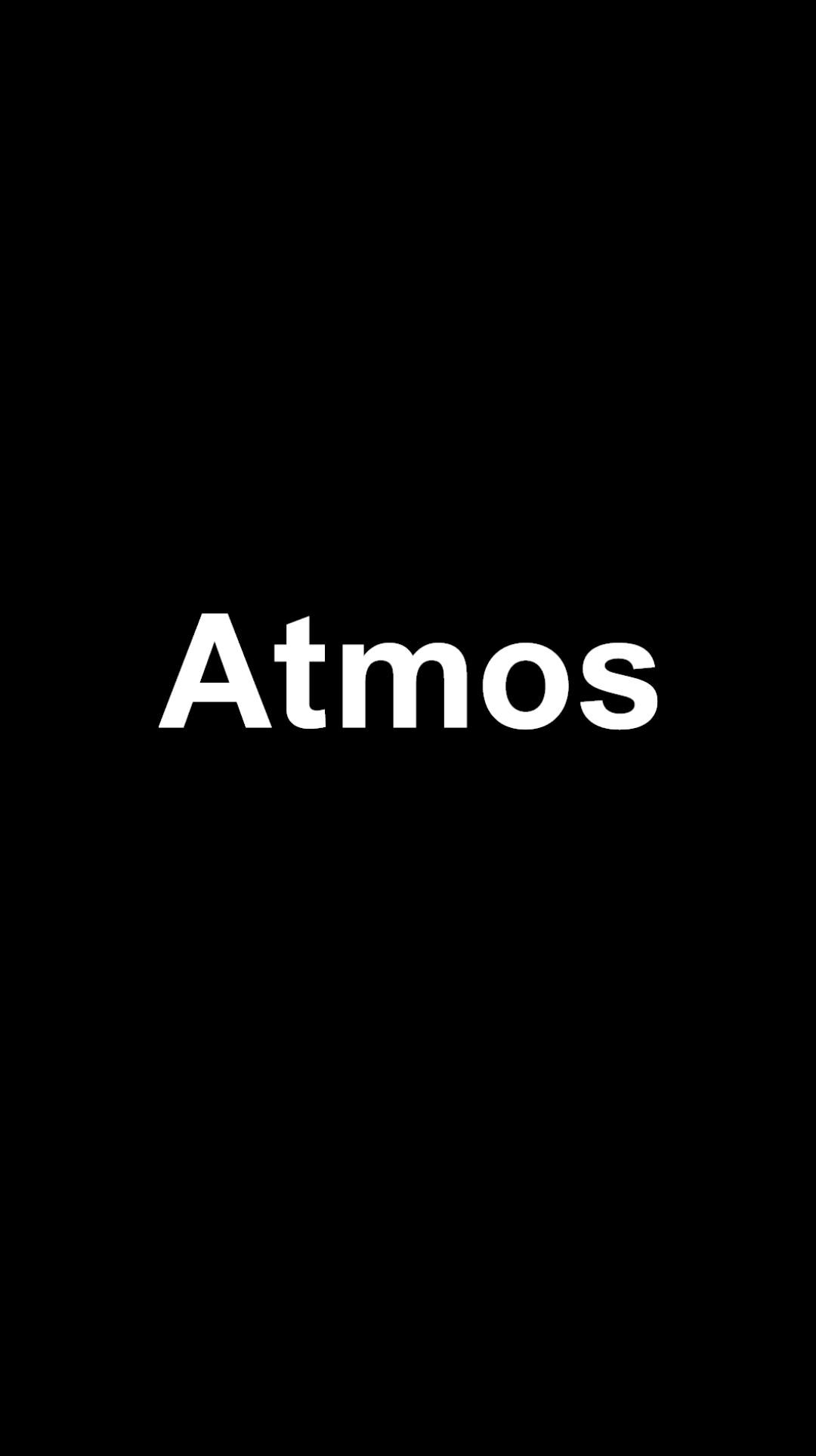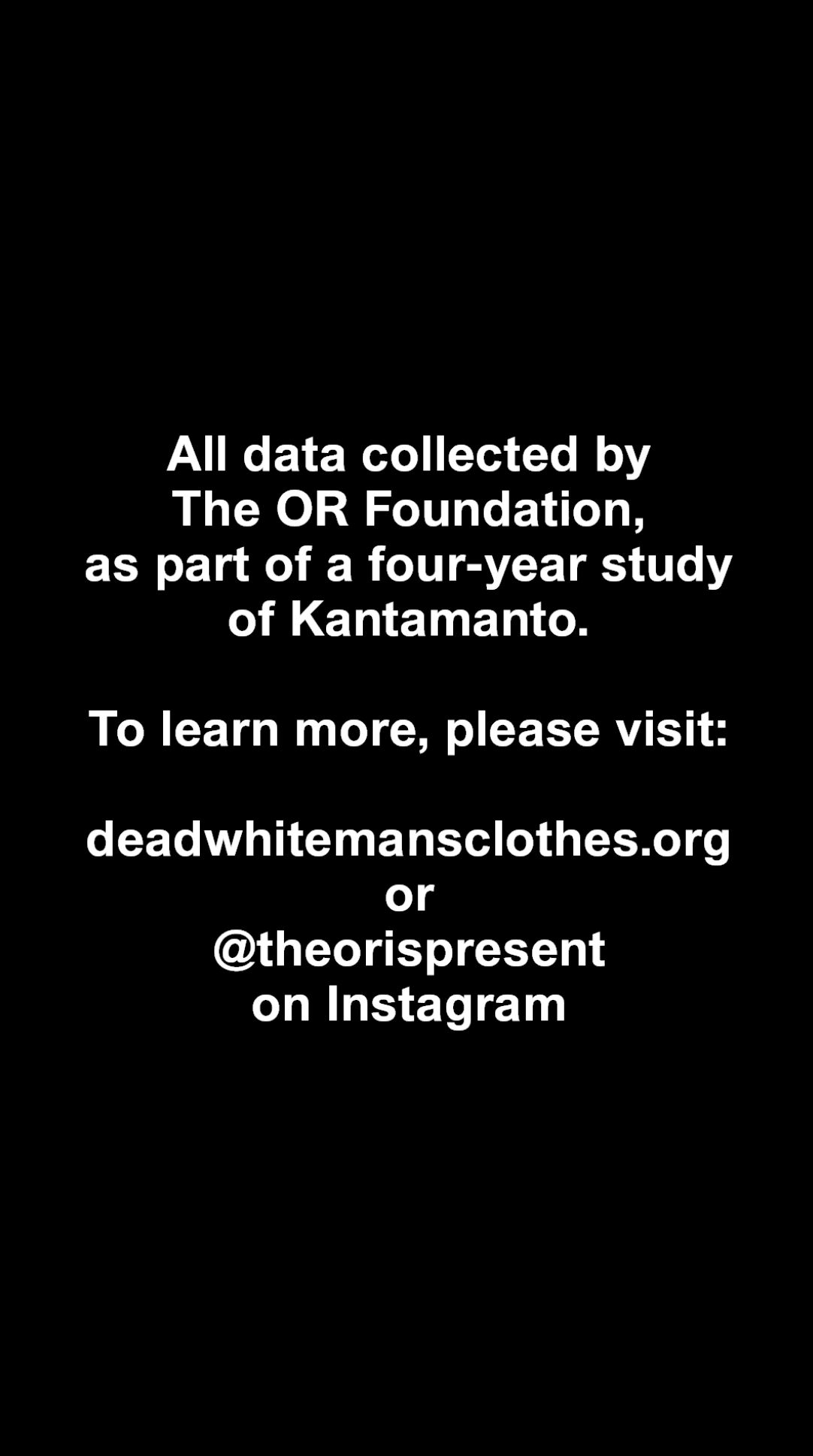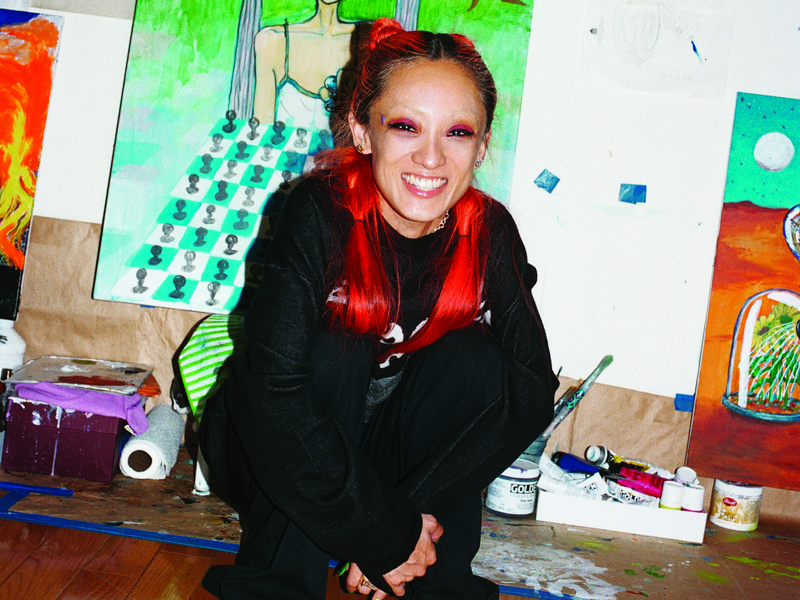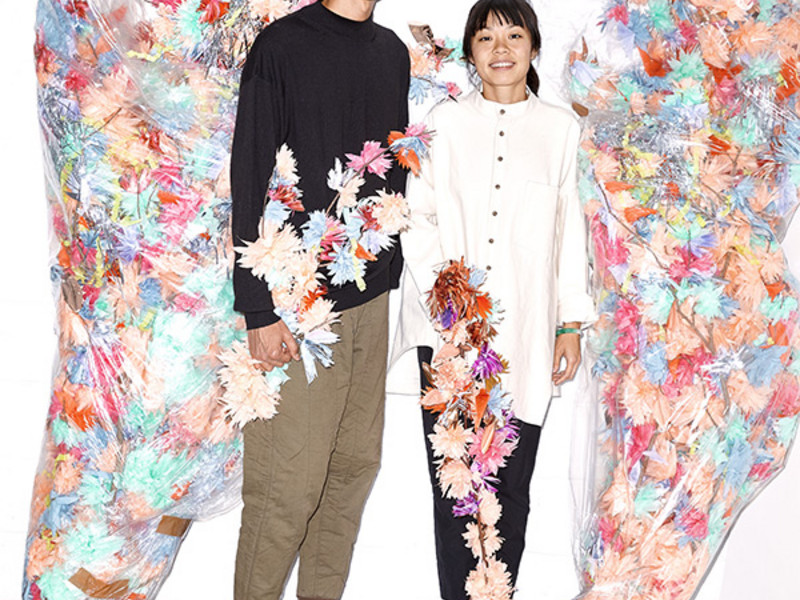A short introduction of your origin and ethnic/cultural background:
My name is Jessica Wu, I'm 25 years old and currently based in New York City. I was born and raised in Orange County, in Southern California, but my parents are both immigrants from Taiwan. I moved to the city in 2012 to attend the Fashion Institute of Technology.
What type of work do you do in the creative industry?
I am the Press Director for the company I co-founded, Peter Do. We started the luxury womenswear brand with Peter and three other close friends two years ago, but we have all known each other for over seven years now. I am also a co-founder and buying director for my store ShopShop. In late 2019, I was given the opportunity from a client to ideate an online store entirely from scratch. My team and I launched an online concept home goods store focused on supporting and highlighting local New York artisans and designers. We are an entirely green business and operate on a sustainable model, using entirely recycled, recyclable, and biodegradable packaging and absolutely no plastic and buying small scale, committing to limited quantities.
In 2018, I started Period Space, a resource for menstrual and reproductive health and a platform for people to openly discuss and destigmatize the conversation around periods. After years of dealing with irregular bleeding and extremely long periods, I realized that the loneliness and shame I felt wasn't unique to myself. The platform is a safe space that encourages menstruators to feel at ease with their own cycles, practice body literacy, and feel comfortable with sharing their experiences. In my free time, I am a freelance model and work primarily with beauty clients and on commercial projects. I would love to explore doing more editorial modeling as the form of expression through styling, beauty, hair, and creative direction is usually more adventurous and interesting.
How does your identity influence the type of work you do?
As a Taiwanese American who grew up in a predominantly white neighborhood for most of my life, I often felt a sense of otherness, coupled with a longing for acceptance. I thought that blending into the background was easier than being singled out for my appearance and my heritage. My initial encounter with the notion of "fashion" in middle school entirely changed my idea about how I could be perceived—that I might be able to stand out for reasons other than my "Asian-ness" was groundbreaking.
The five founding members of Peter Do are all Asian American. Our tight knit relationship is reflective of the importance of the family unit across many Asian cultures. Being able to represent fellow Asian Americans in media is something that I never imagined possible. Over the years, I've had younger Asian girls and women send me uplifting messages about how they personally felt seen after seeing me on a billboard or an online ad. It's been humbling to have the opportunities to be able to be a face for those who feel underrepresented or unrepresented in the media landscape. I hope to continue to receiving opportunities that account for not only my heritage, but my body of work and what I represent as a creative.
We just can't let diversity be a buzzword or art direction requirement anymore.
How has your family/community responded to your path?
My family has always been supportive of my creative endeavors, albeit with a touch of concern and skepticism. I try to put myself into their shoes when I feel misunderstood or not heard, and in almost every situation, I realize that as much as my career and endeavors are new to me, they are things that my parents have never come across in their own lives or among their peers. Their concern stems from unfamiliarity with the field and the reasonable worry for my financial wellbeing in a city like New York. I was immensely lucky to have them support me throughout college and help with rent for 2 years after graduation while I was struggling with freelance styling and production jobs.
Being able to be pursue fashion in New York is an absolutely huge privilege. When I think about the generational difficulties that my family faced and had to endure to "succeed" when they came to America, I am reminded of all that has been afforded to me, beginning with the simple act of their acceptance with my career choice.
What are some of the challenges you face being a creative in NYC?
While I've become entirely accustomed to the fast-paced and competitive environment of NYC, dealing with the stress of balancing multiple pursuits is undoubtedly one of the biggest challenges I face. I have a strong work ethic and like to think that I have great time management, so I make sure that work is done within reason and I don't bite off more than I can chew. But, the deeply ambitious and perhaps overzealous me tests that theory quite often...
While I've been lucky to receive work through social media, I also believe that it's unfortunately an instrument that can encourage dangerous feelings and reinforce the habit of comparing yourself to others. Sometimes I feel instantly uninspired with certain pursuits, because it's hard to dismiss those small voices in the back of my head asking, "Why didn't they choose me?" or "How did they get that?" or "Does any of this matter?" In those moments of self doubt, it can be incredibly hard to step back and realize how much you've achieved. I'm still on a personal journey to diminish the idea of social media validation in my life, so that I can holistically evaluate myself and my career without those unnecessary pressures.
What are some aspects of the industry you would like to see evolve?
I am hoping, especially after the height of this pandemic subsides and especially due to the severe disparities it's revealed, that the fashion industry takes responsibility to address issues like corporate social responsibility, sustainability, ethical wages, and operational transparency. I'd like to see the biggest players implement these practices so that they can lay the groundwork for other companies of varying scale to have something to follow, and for the democratization of such practices to entail their financial accessibility at large.
